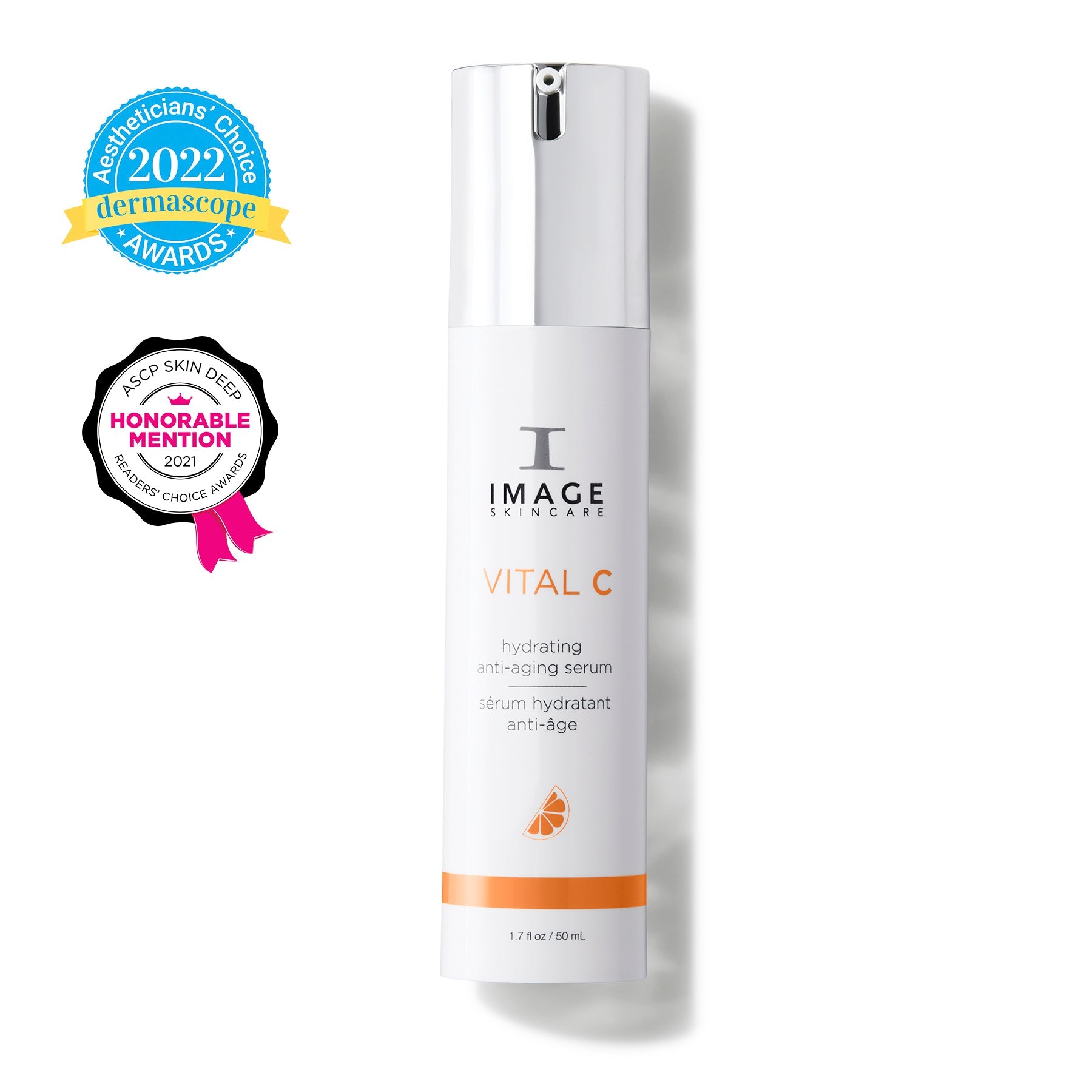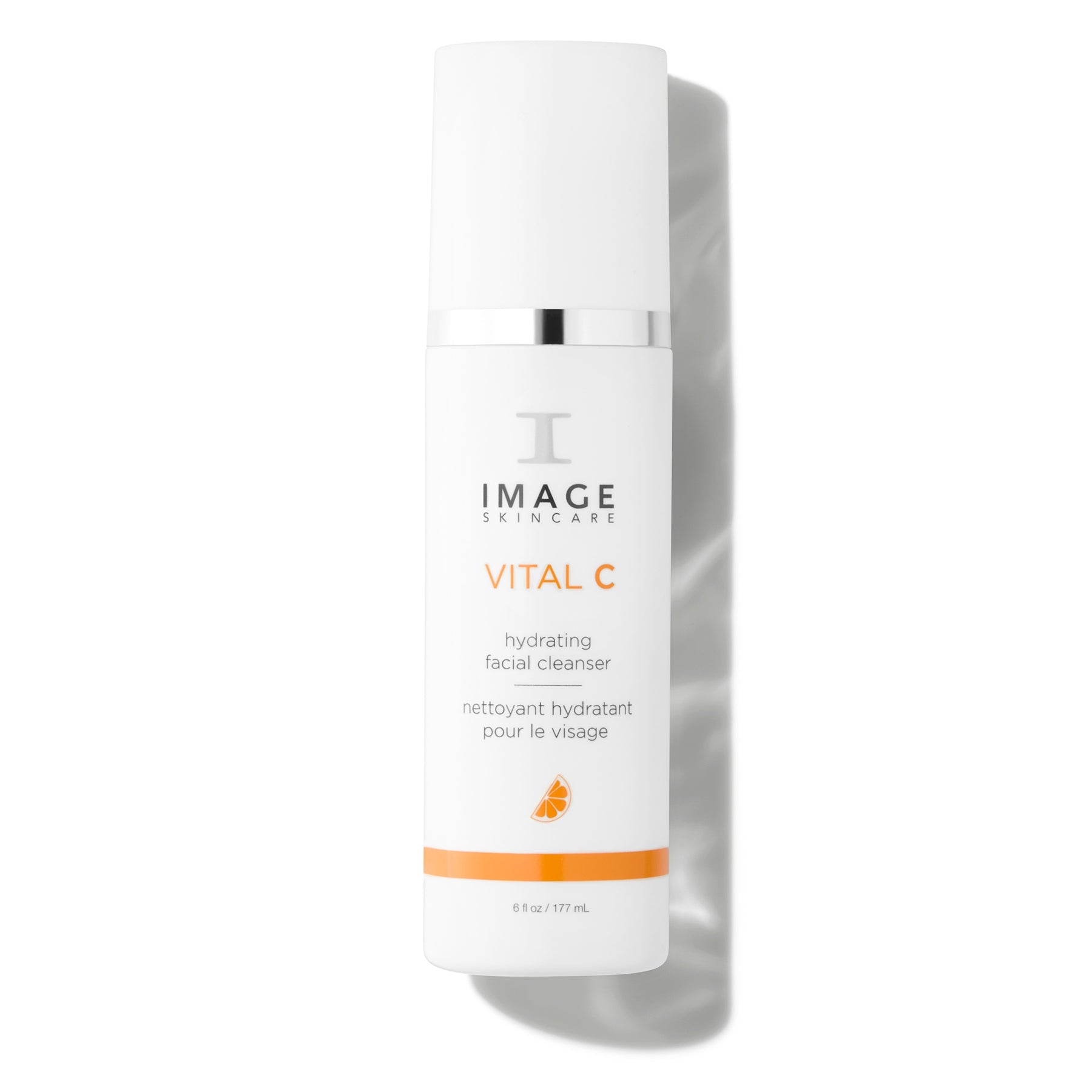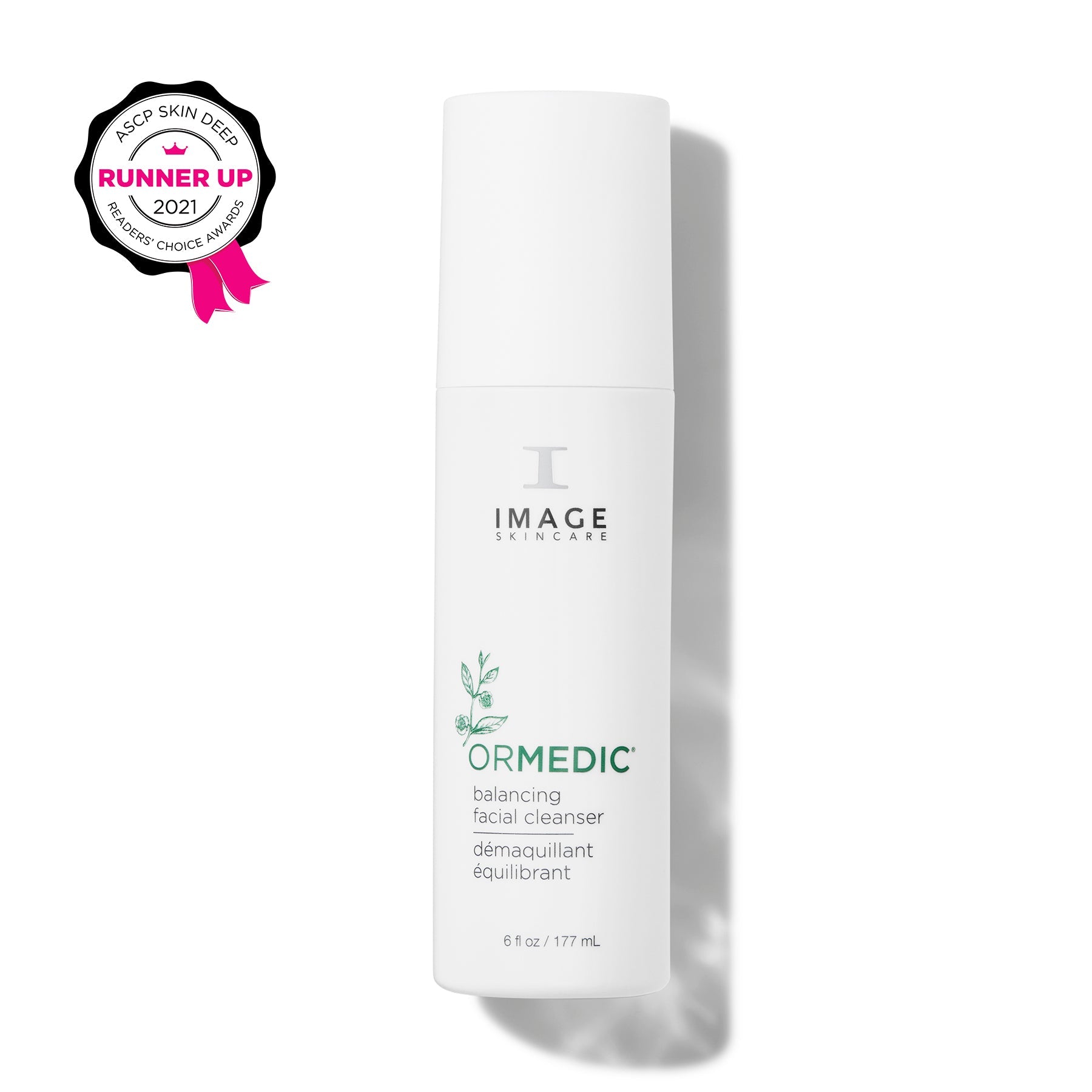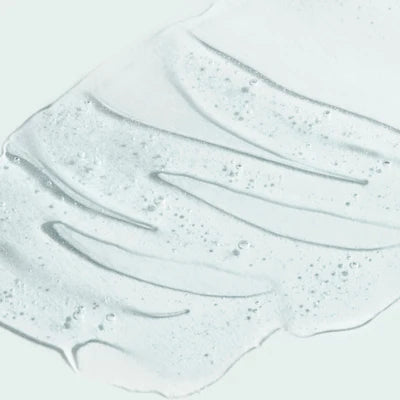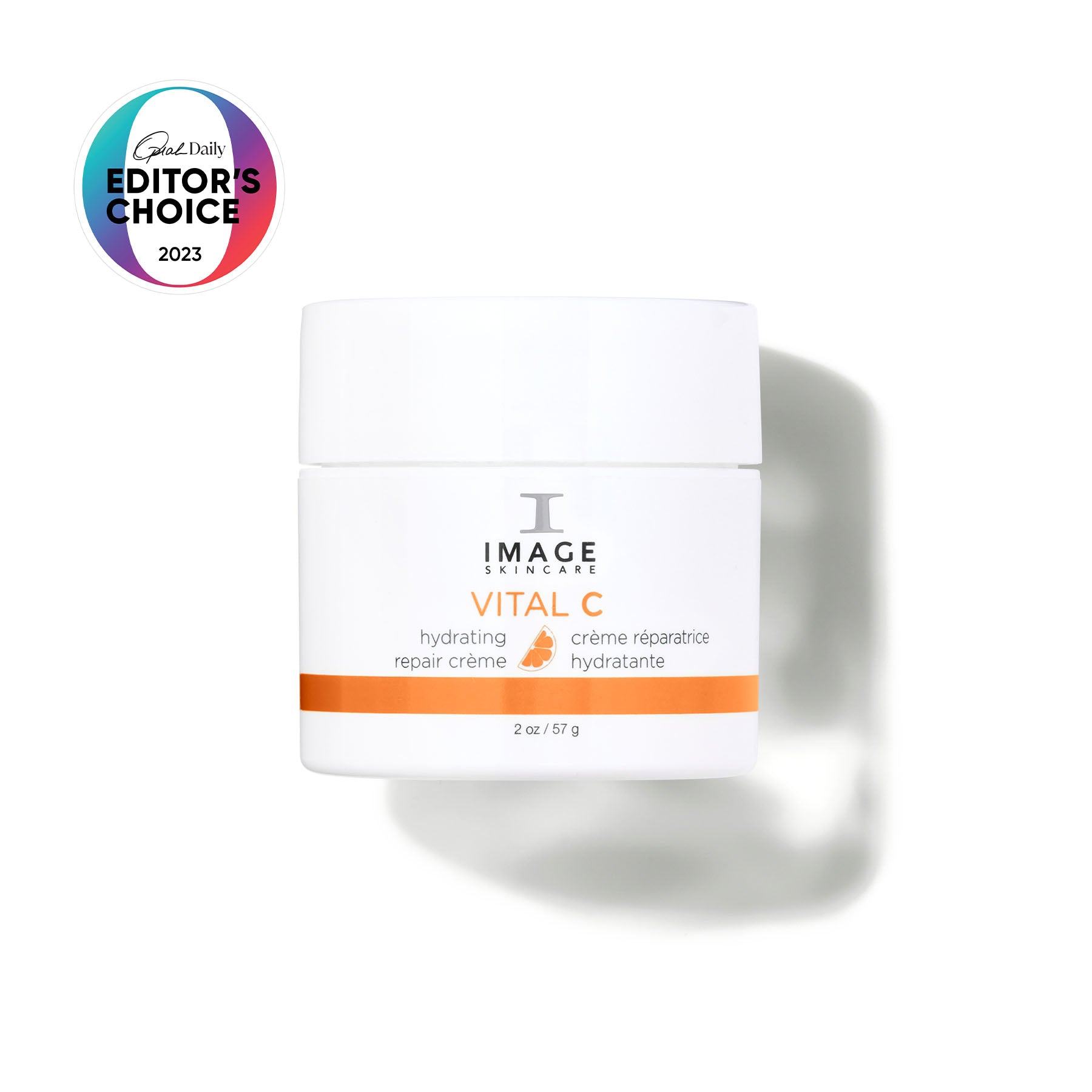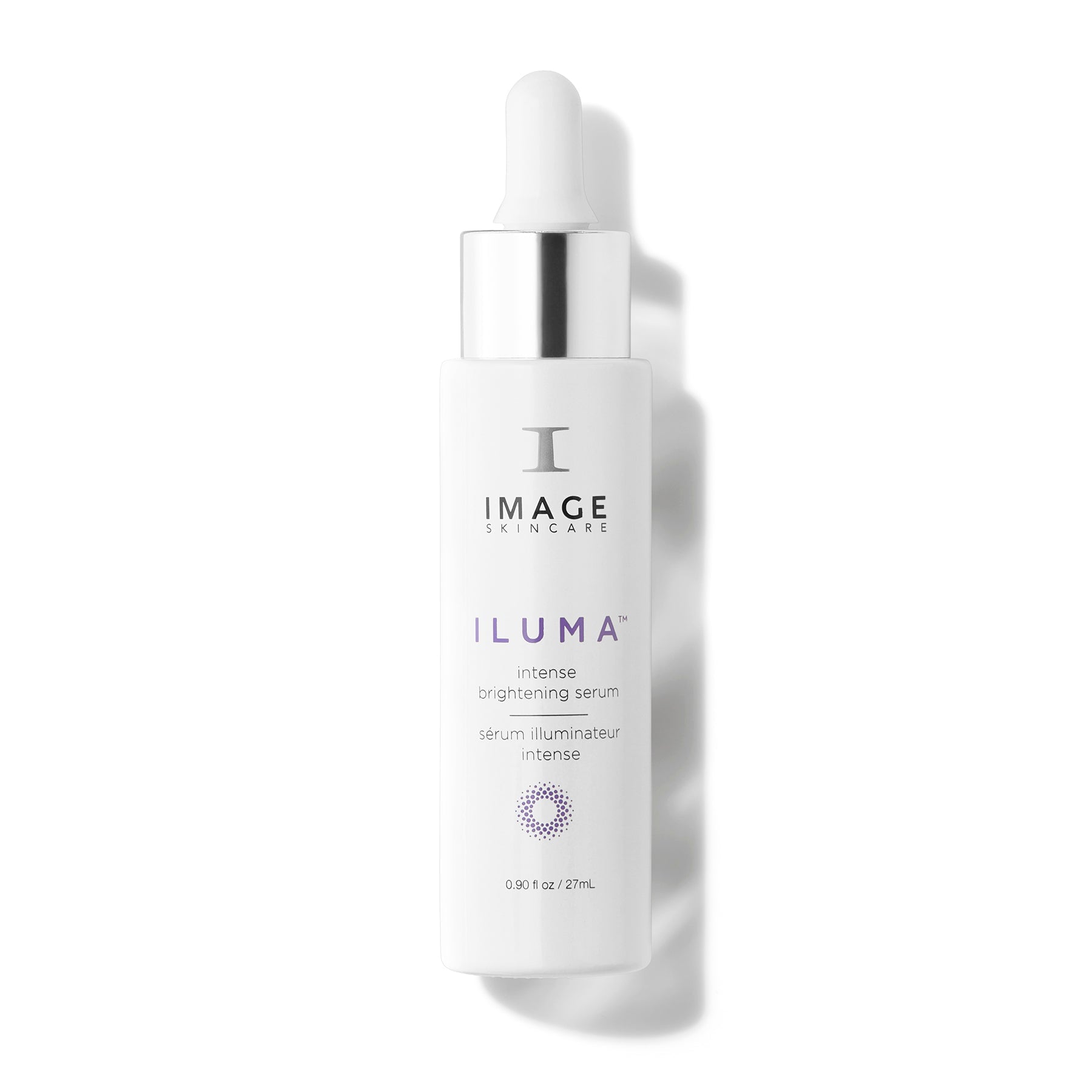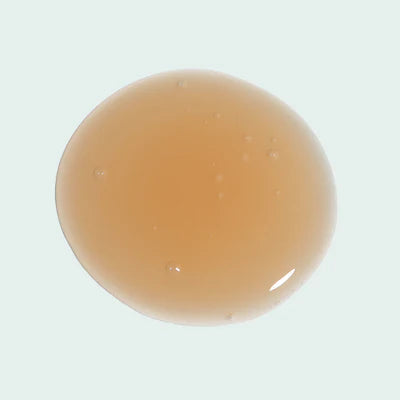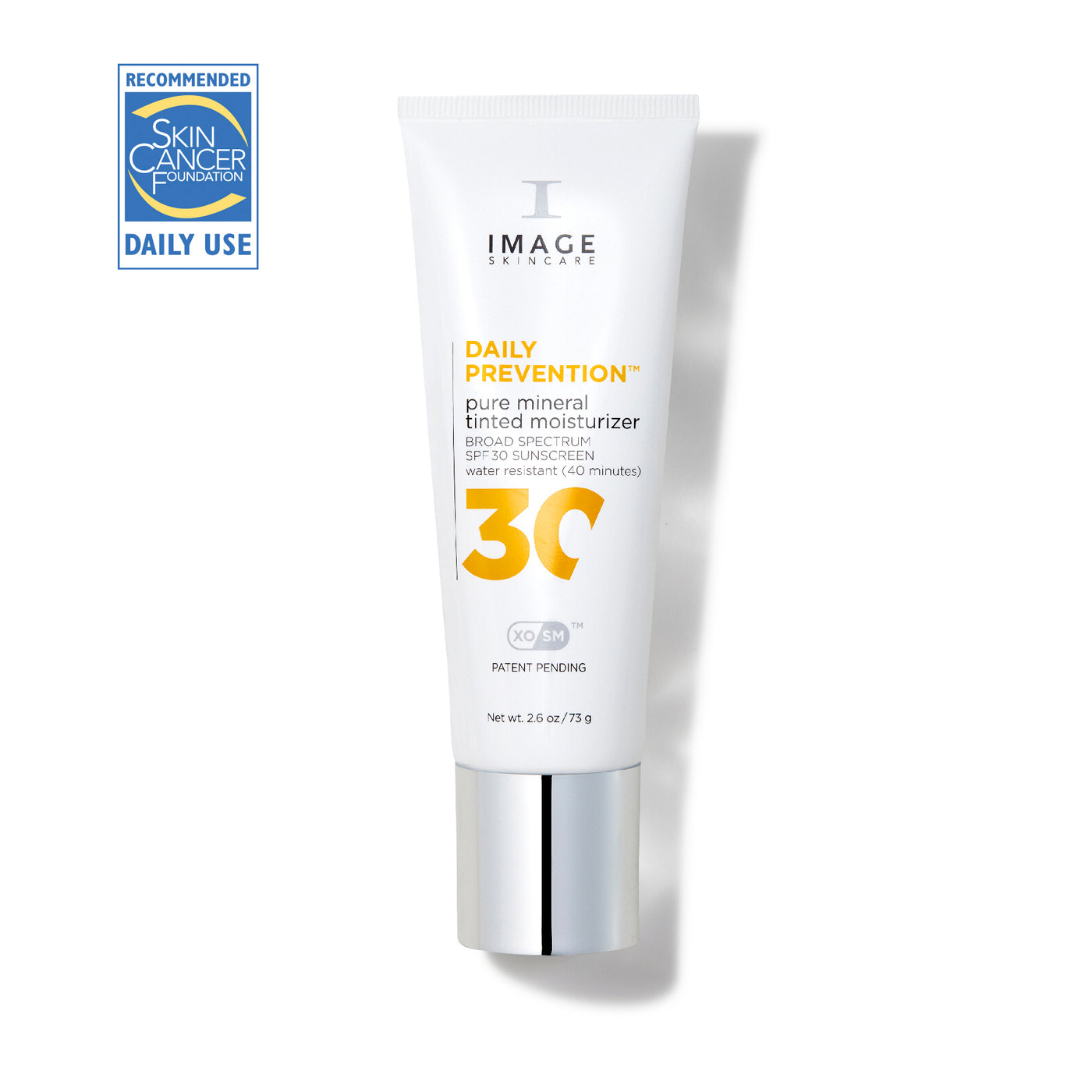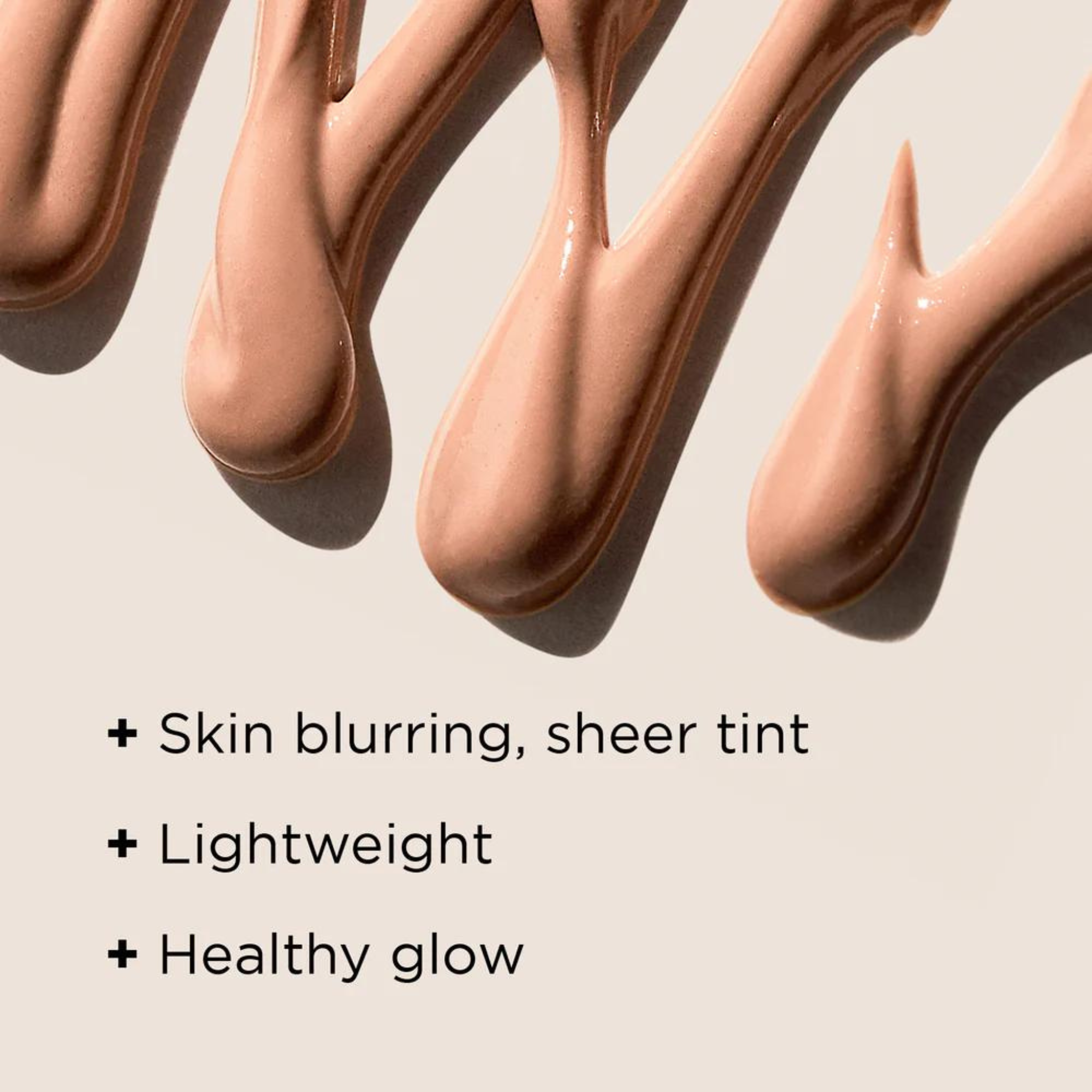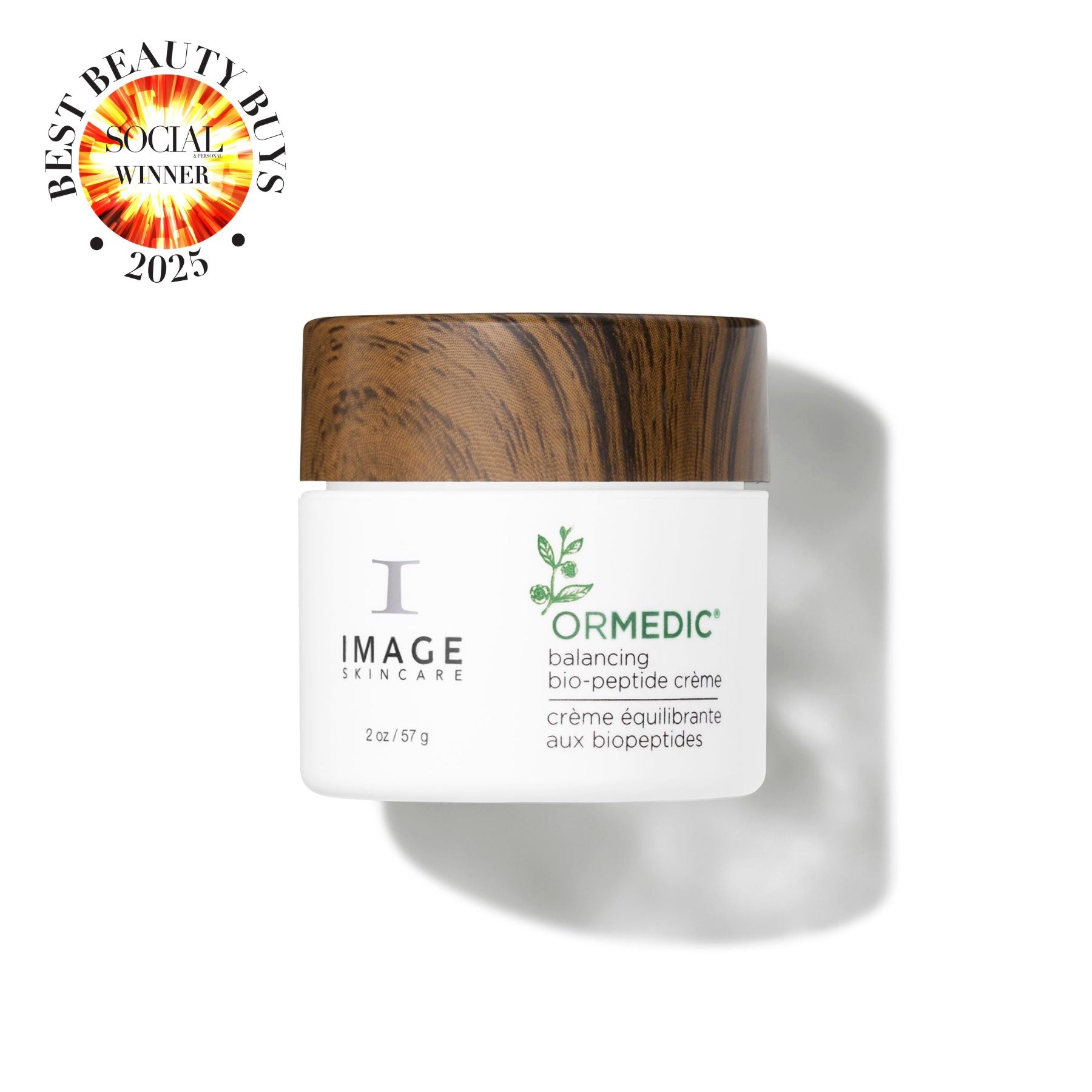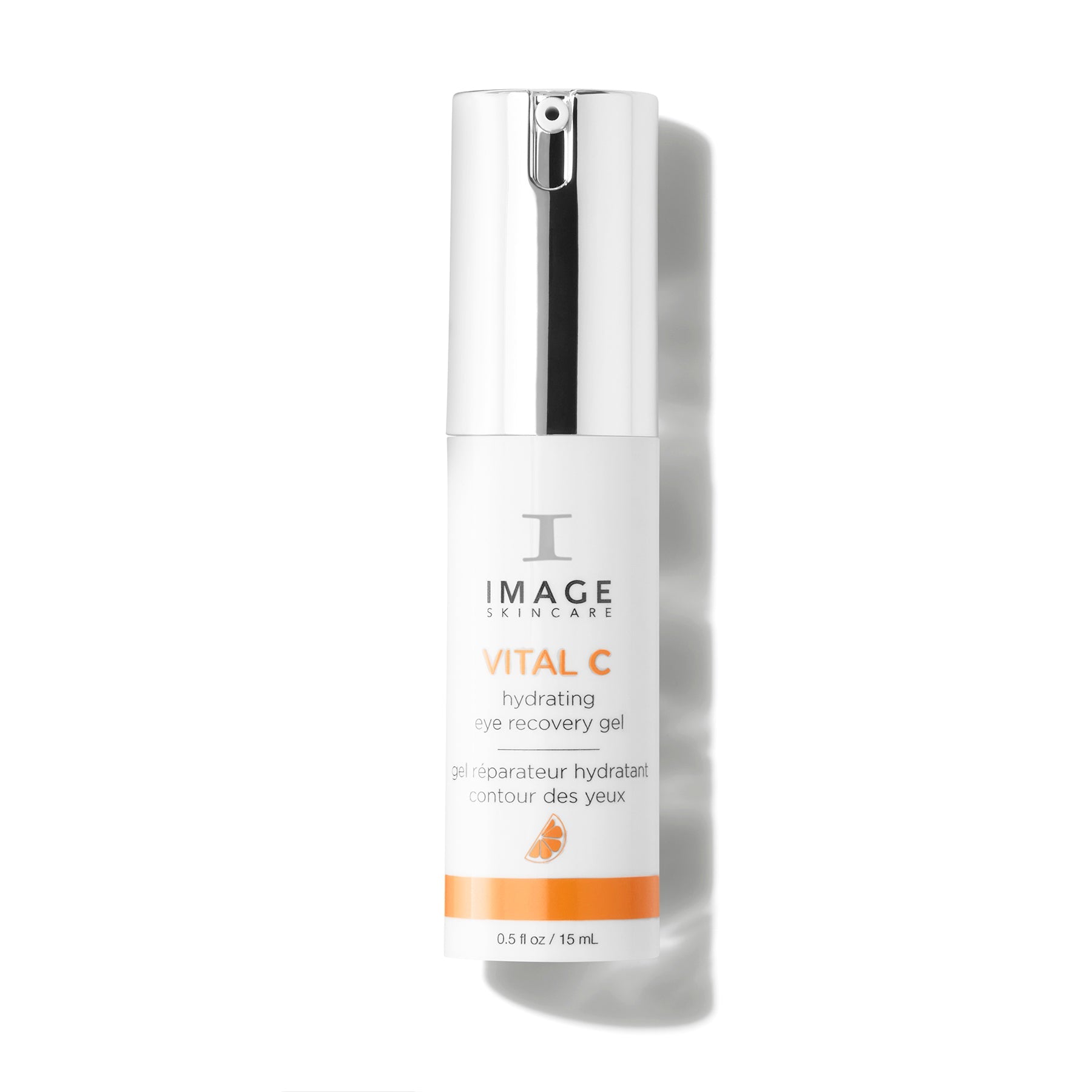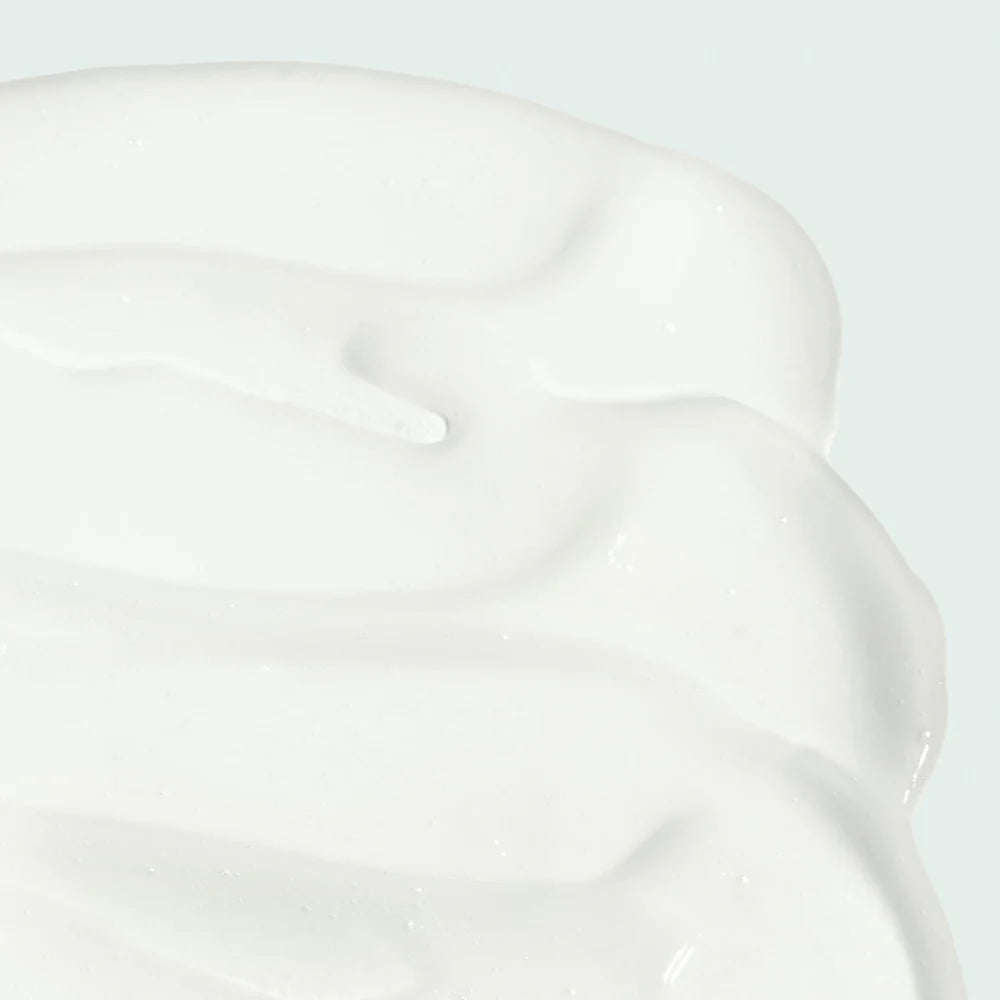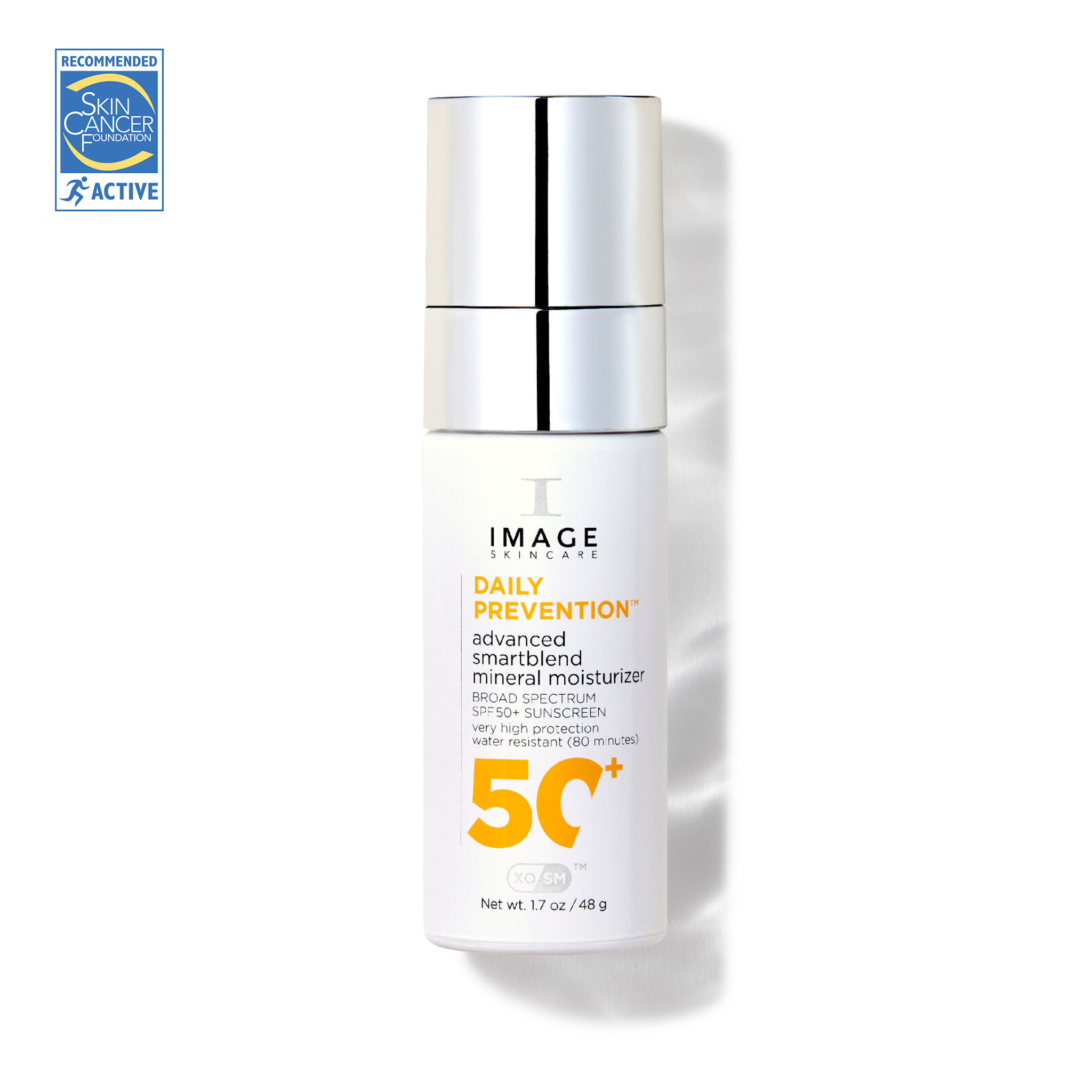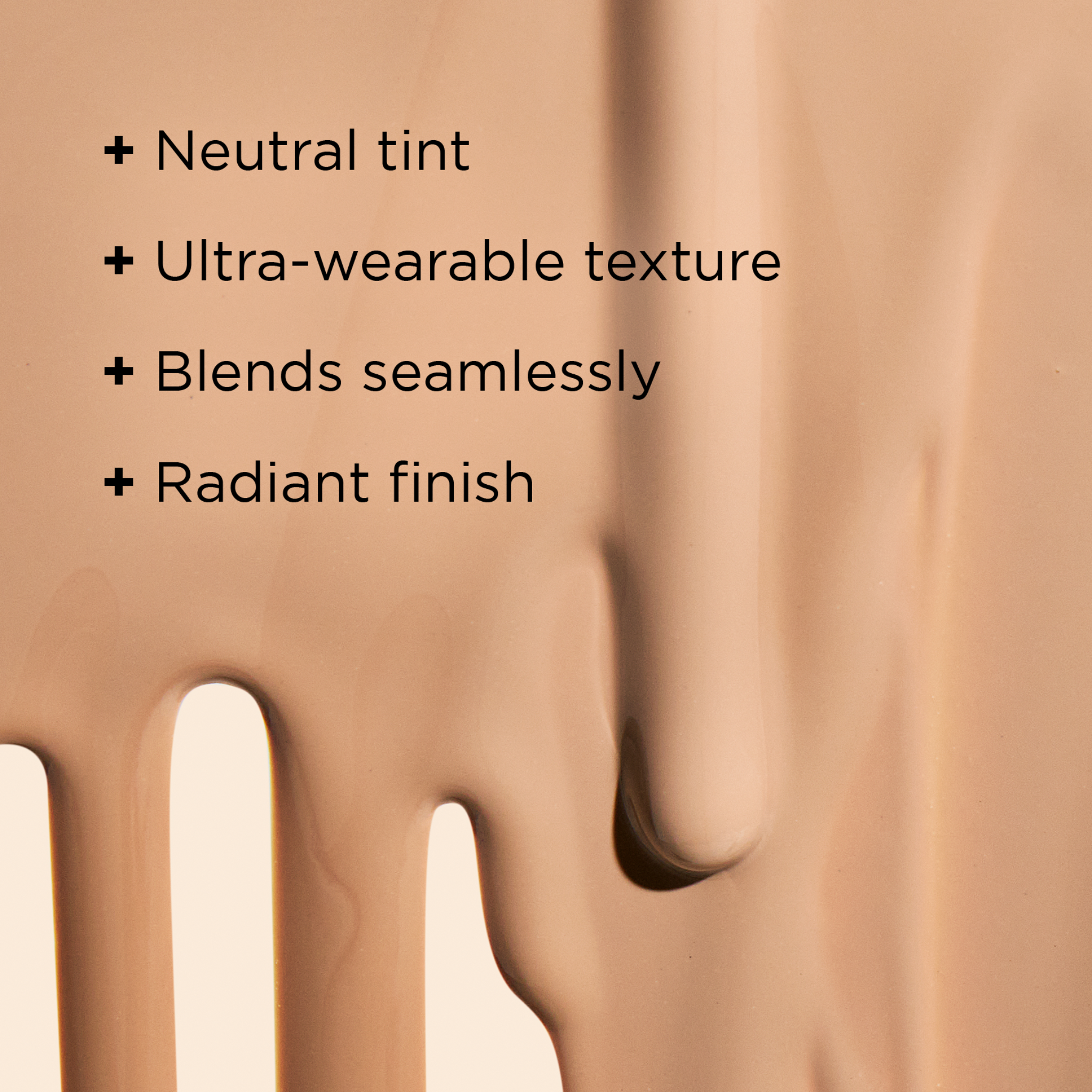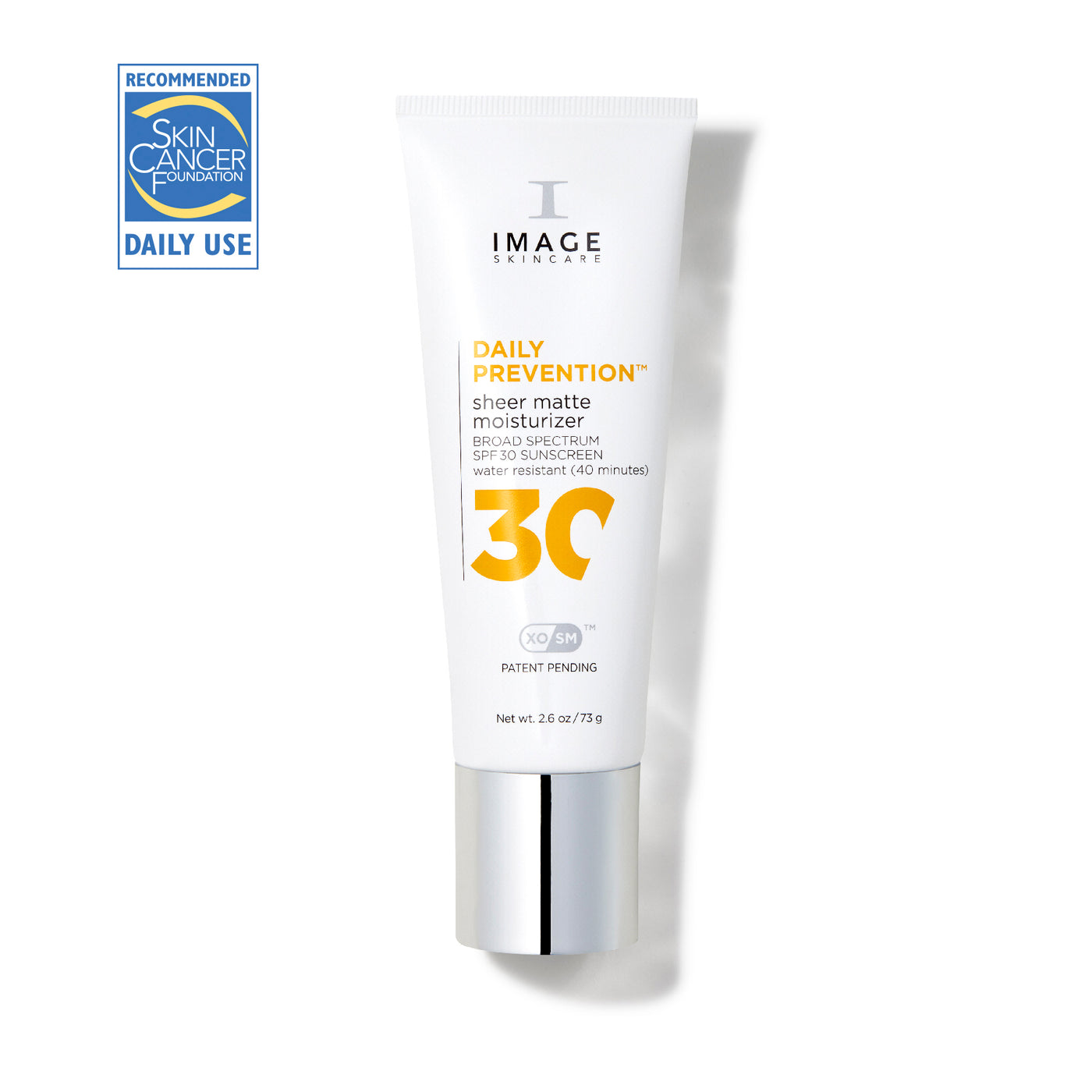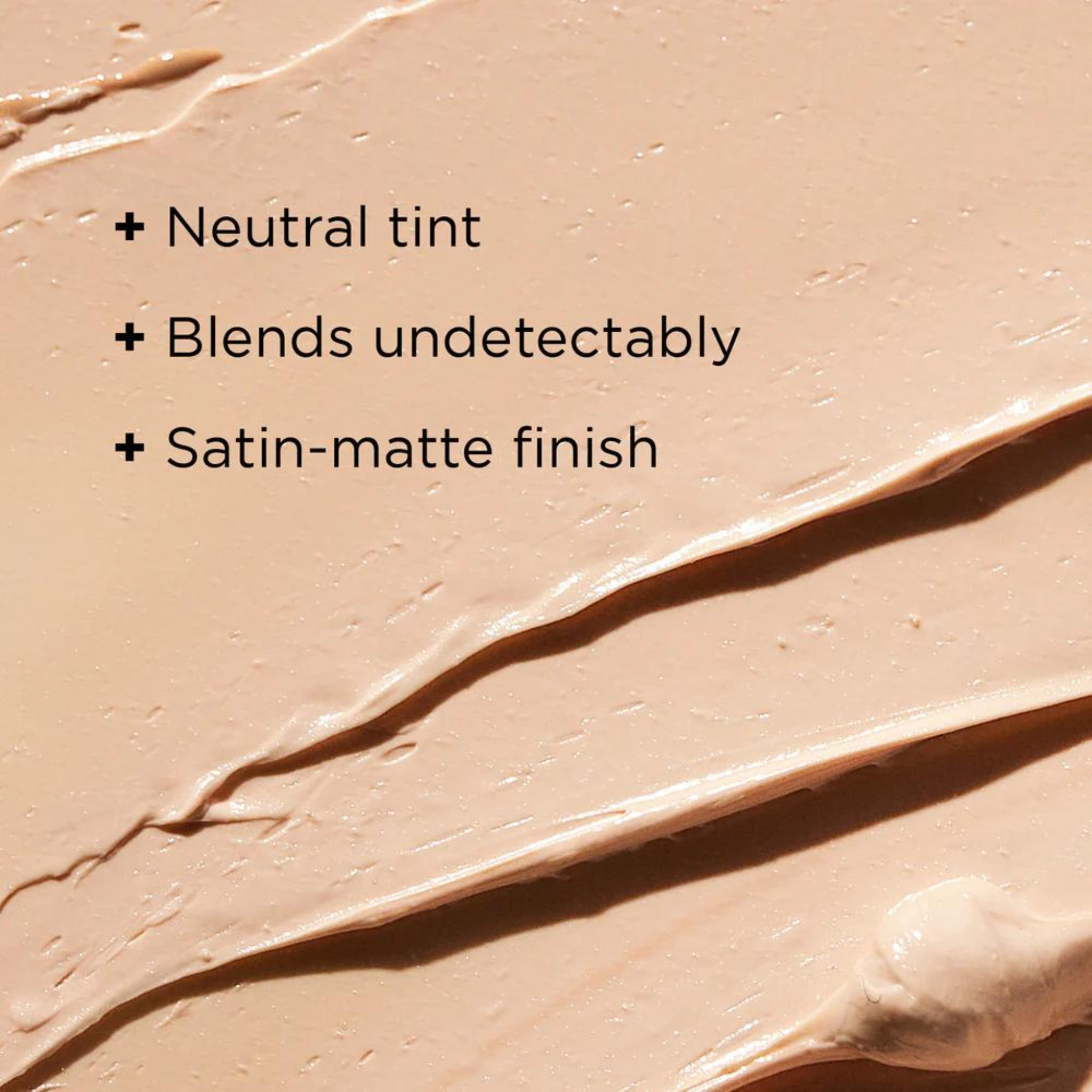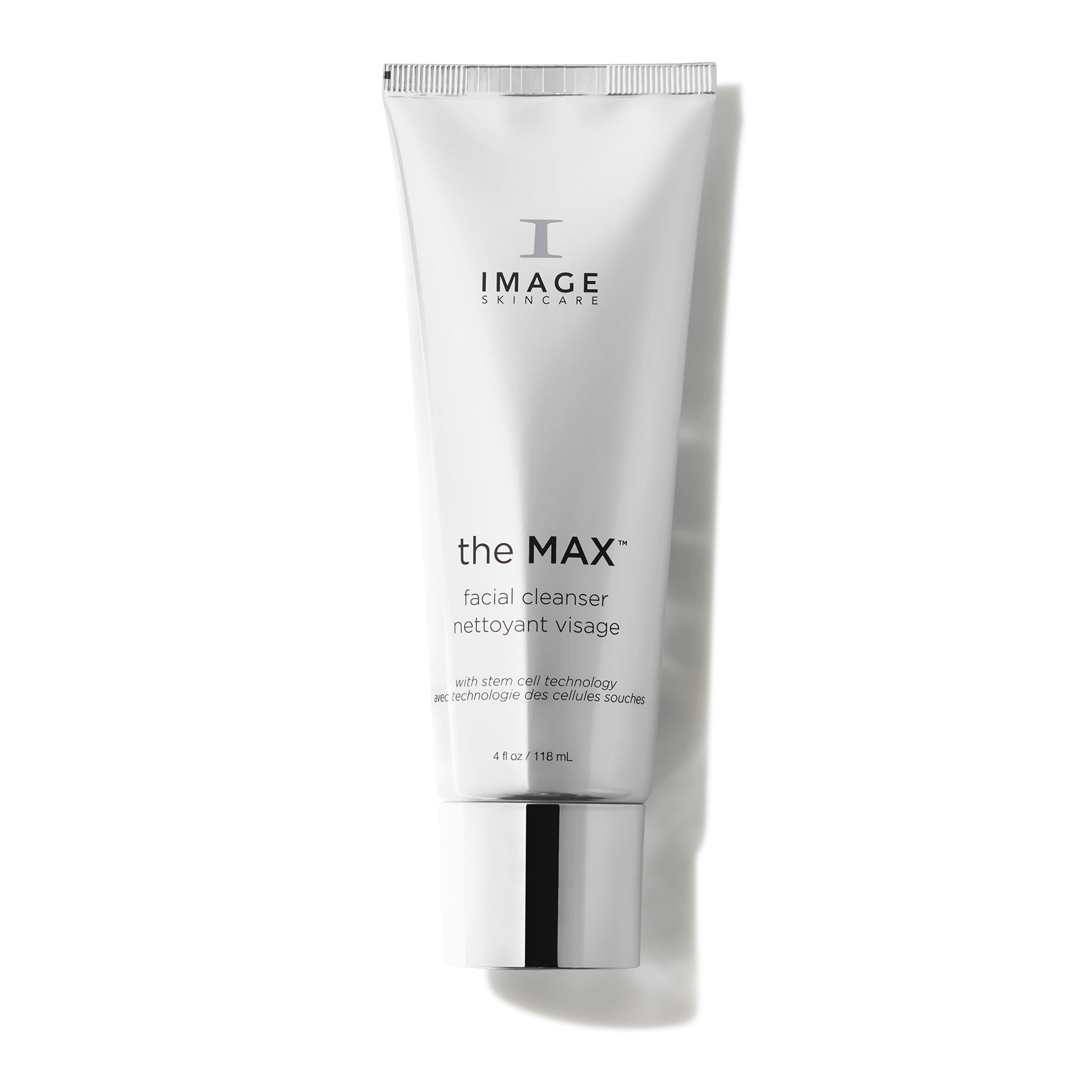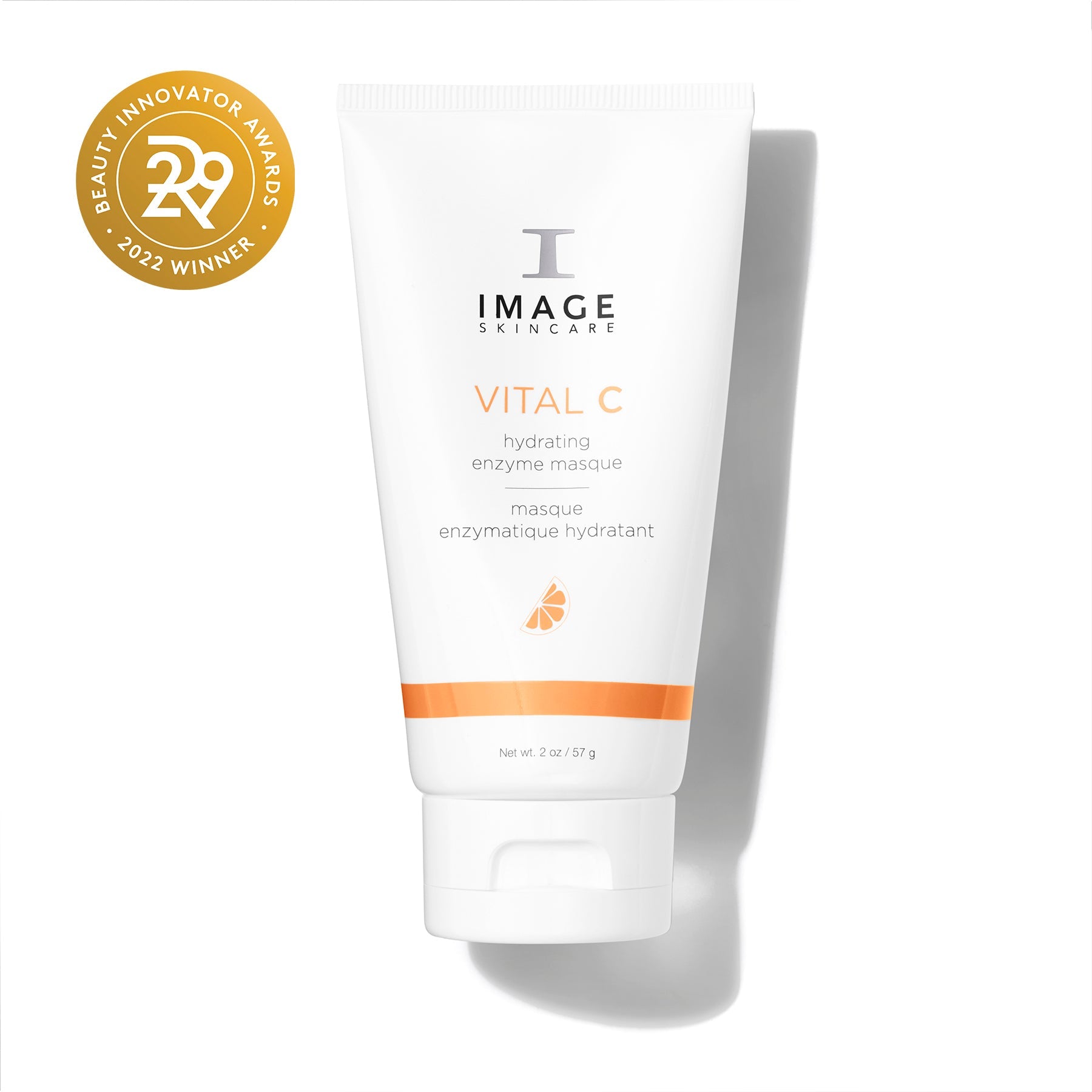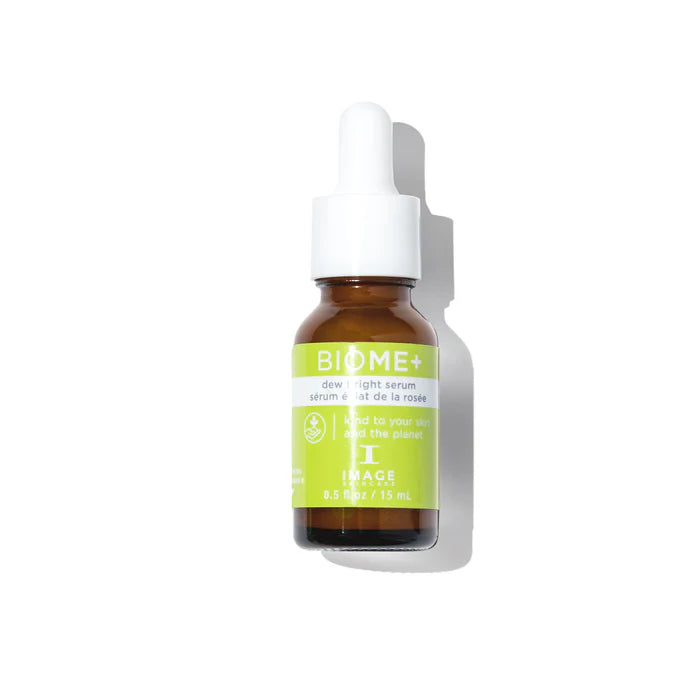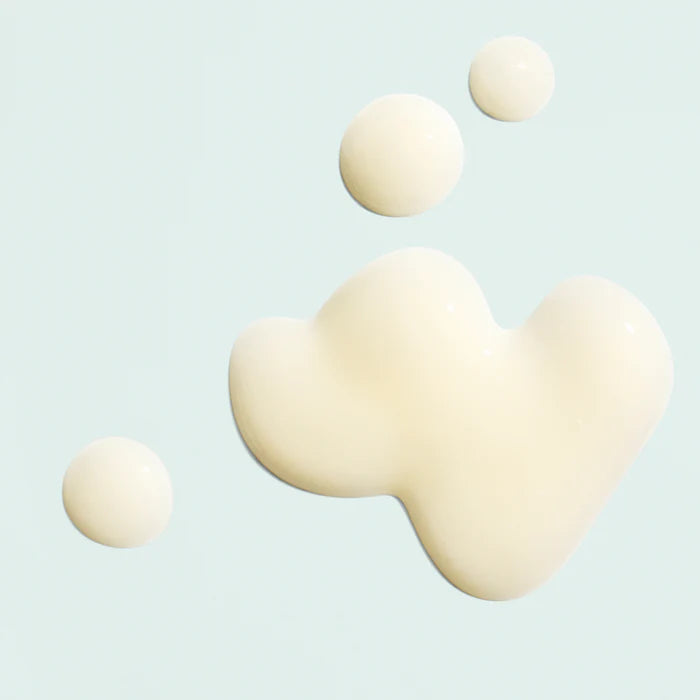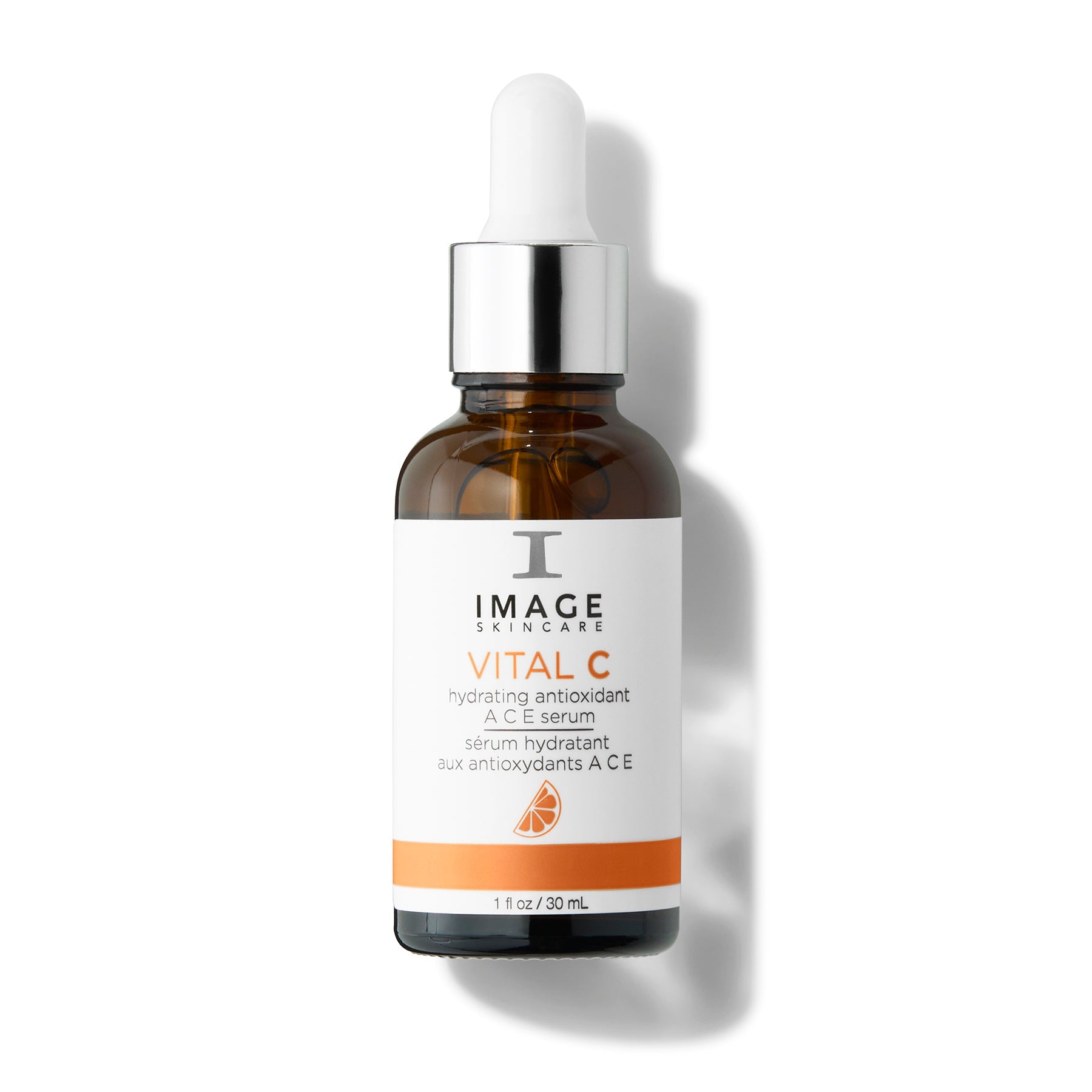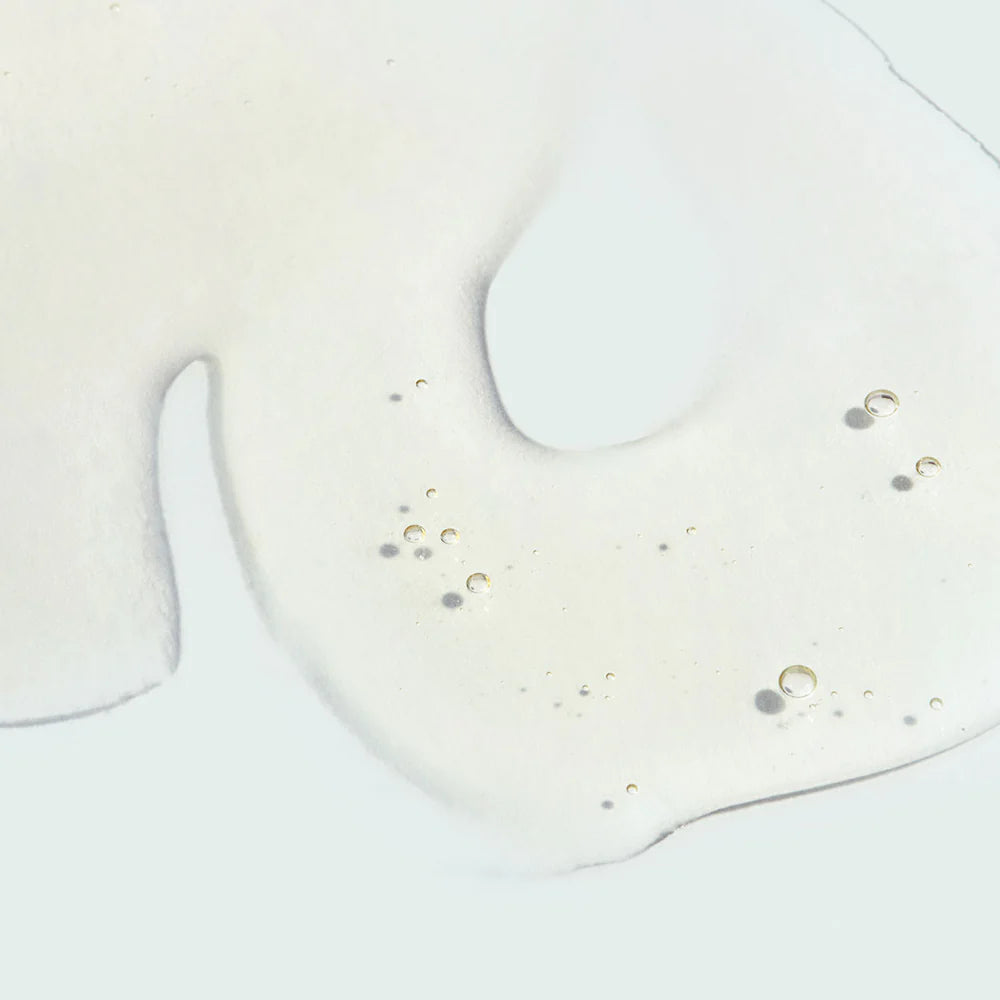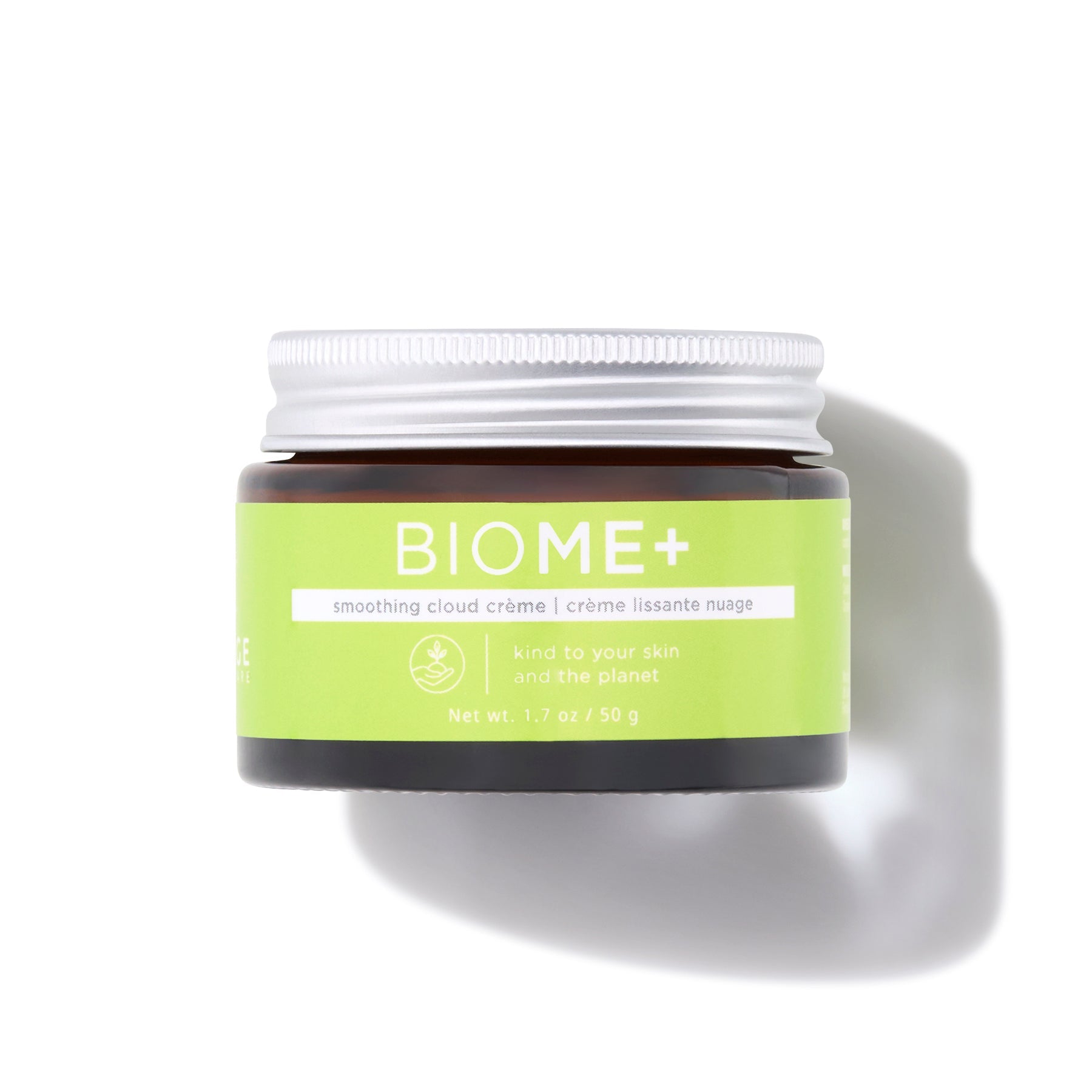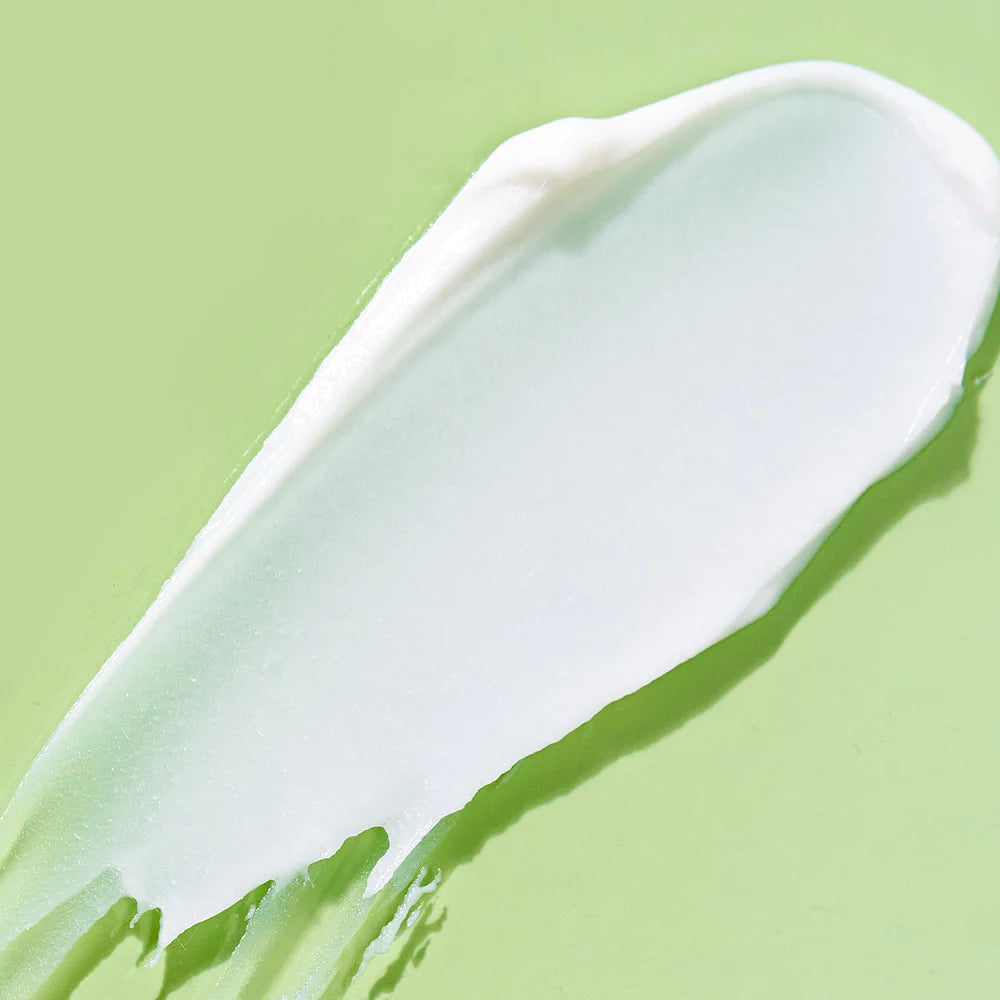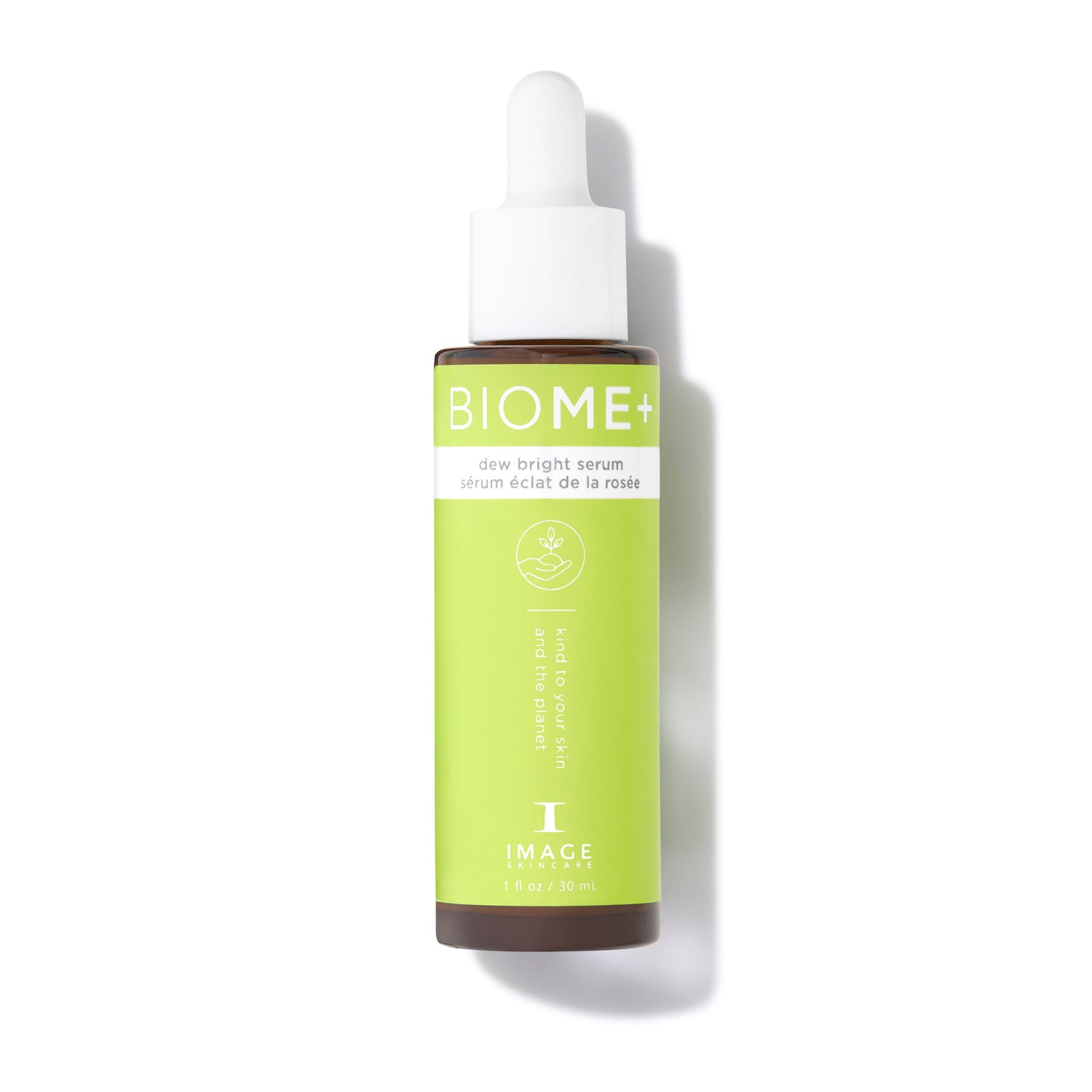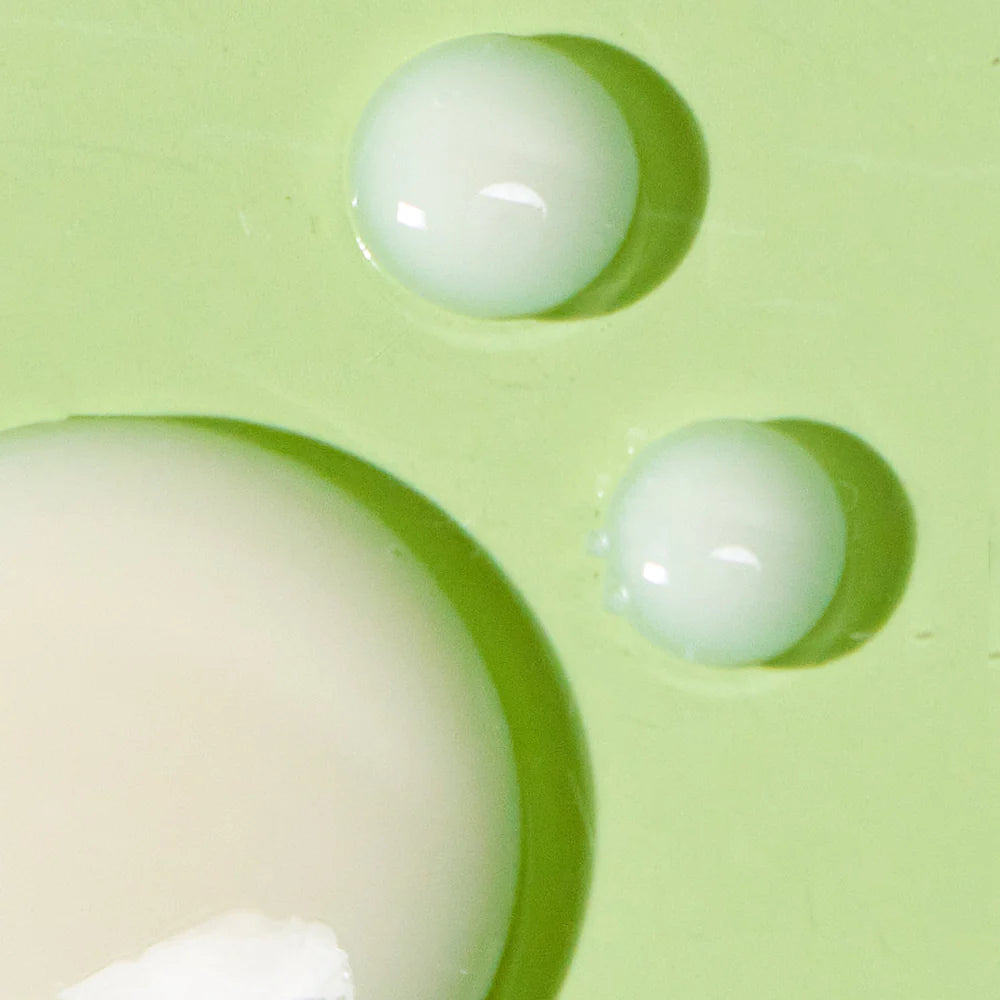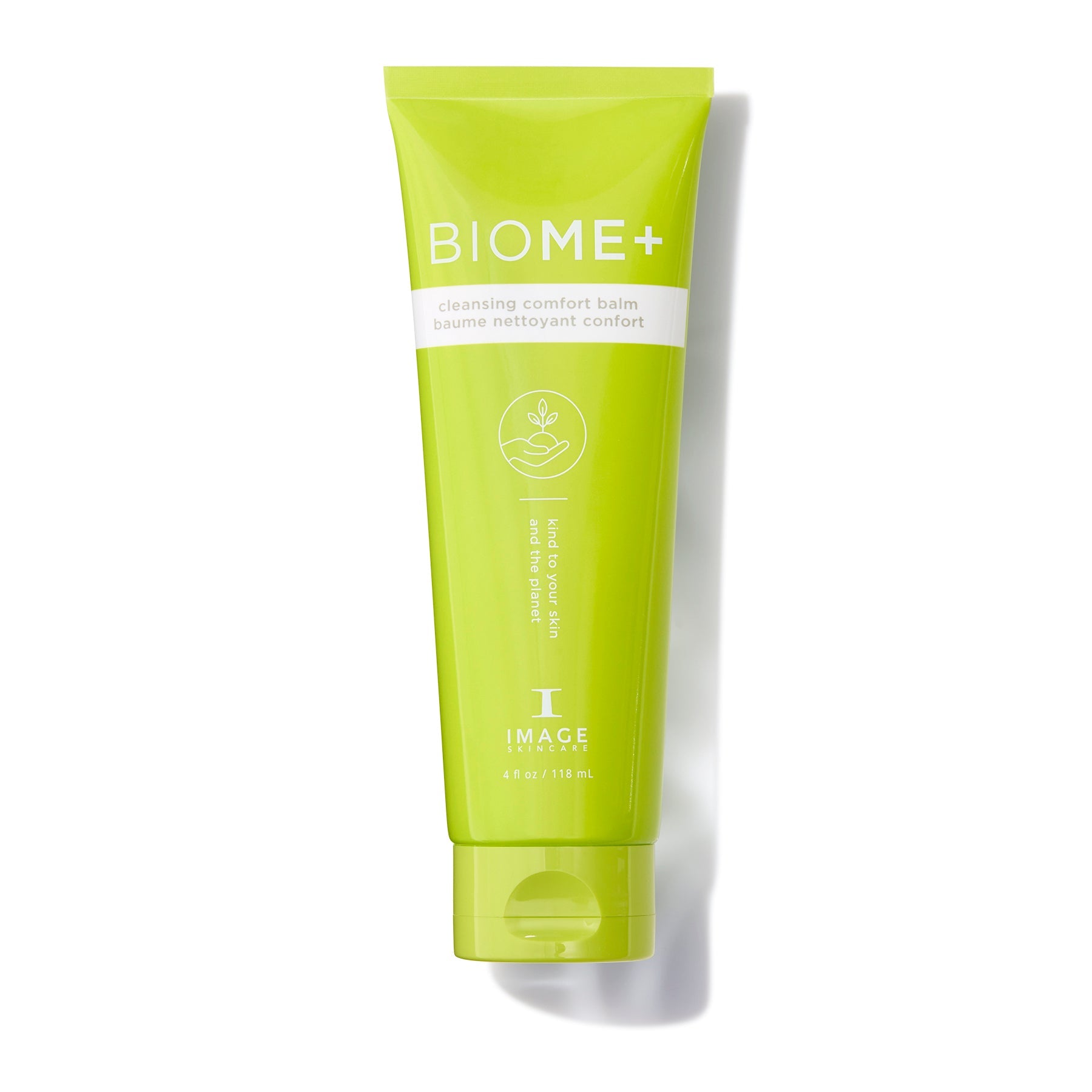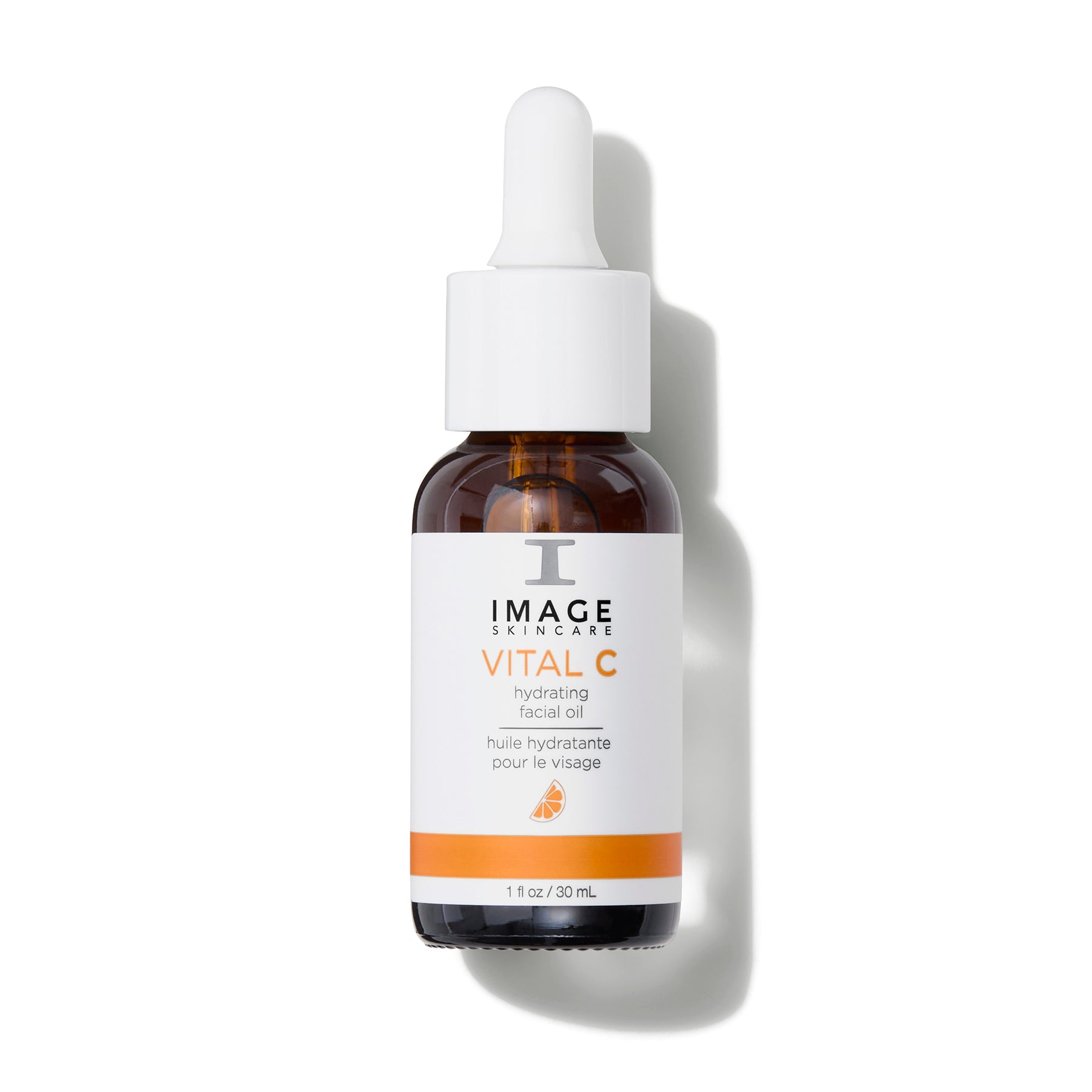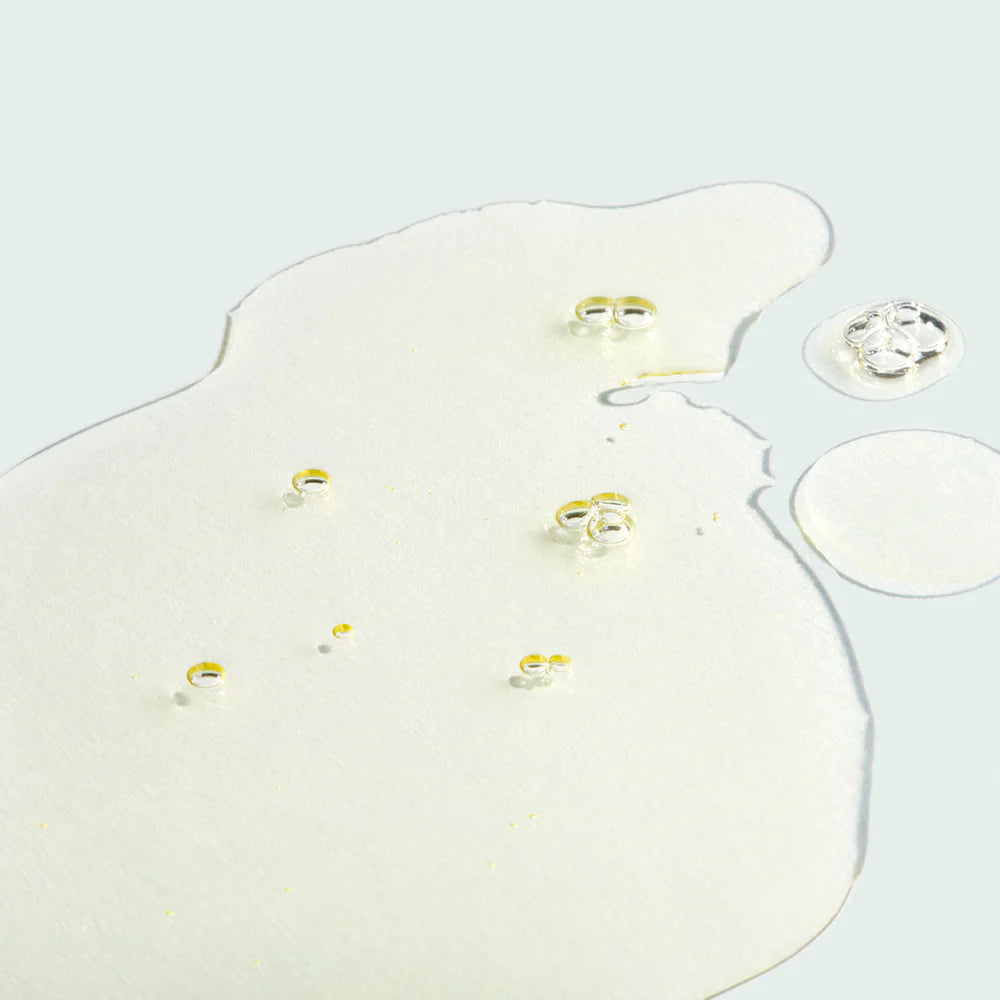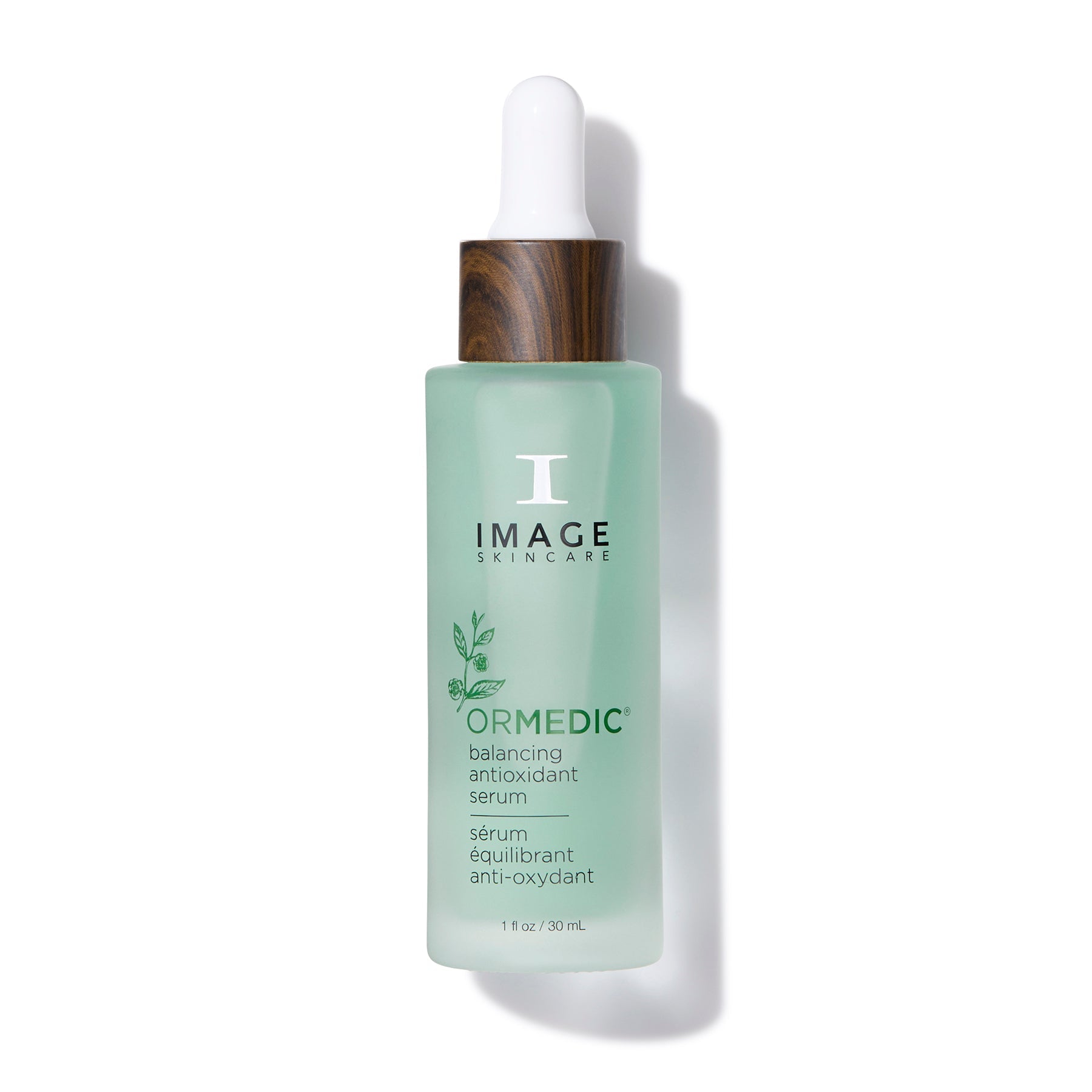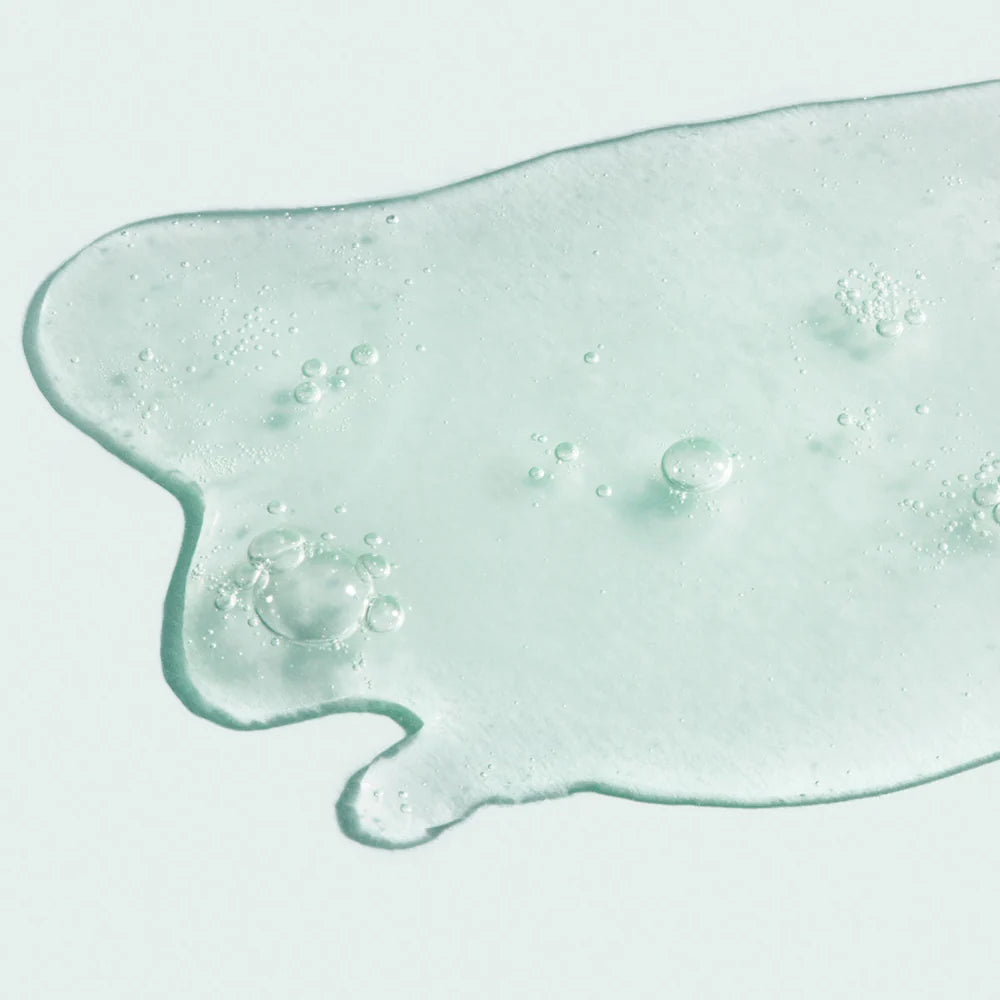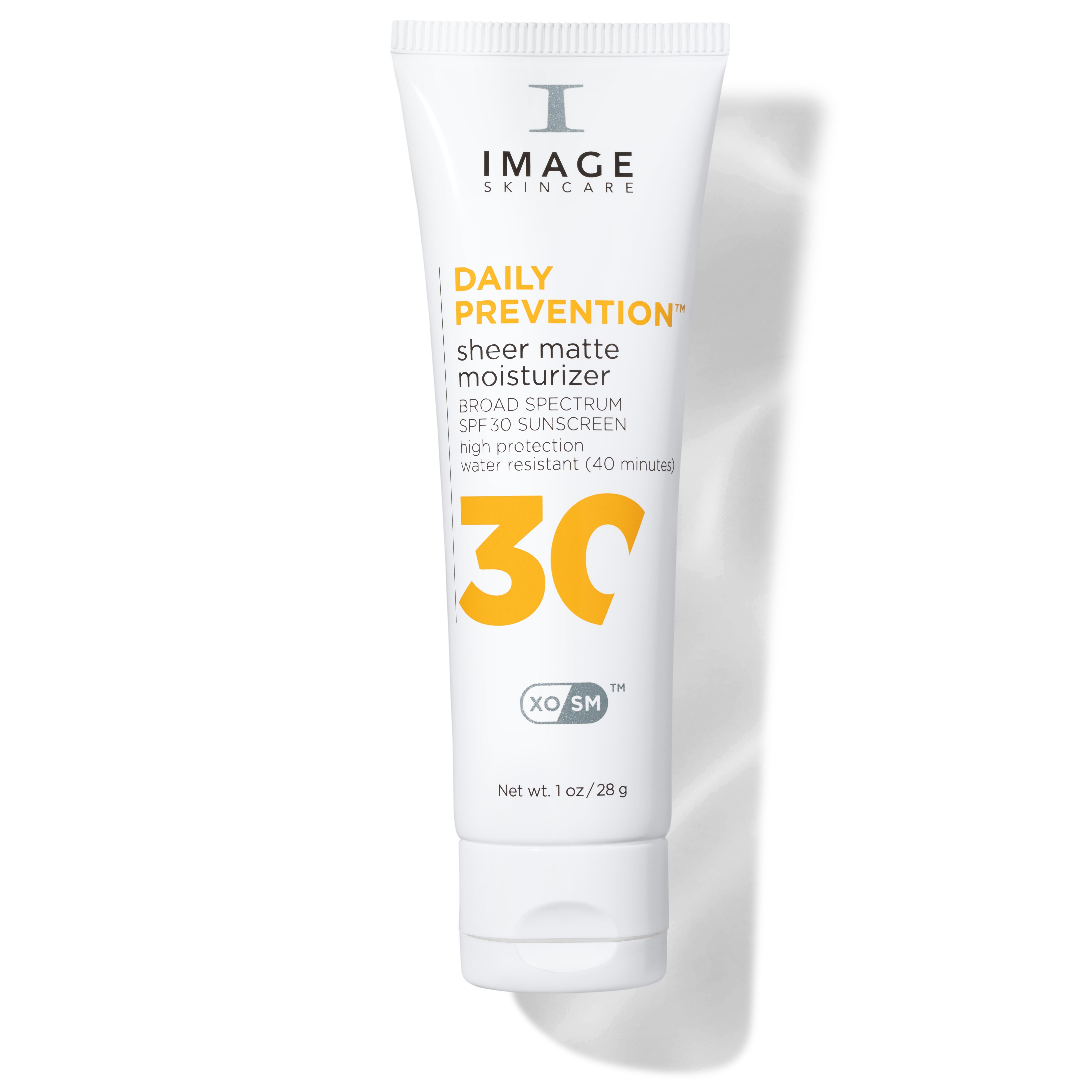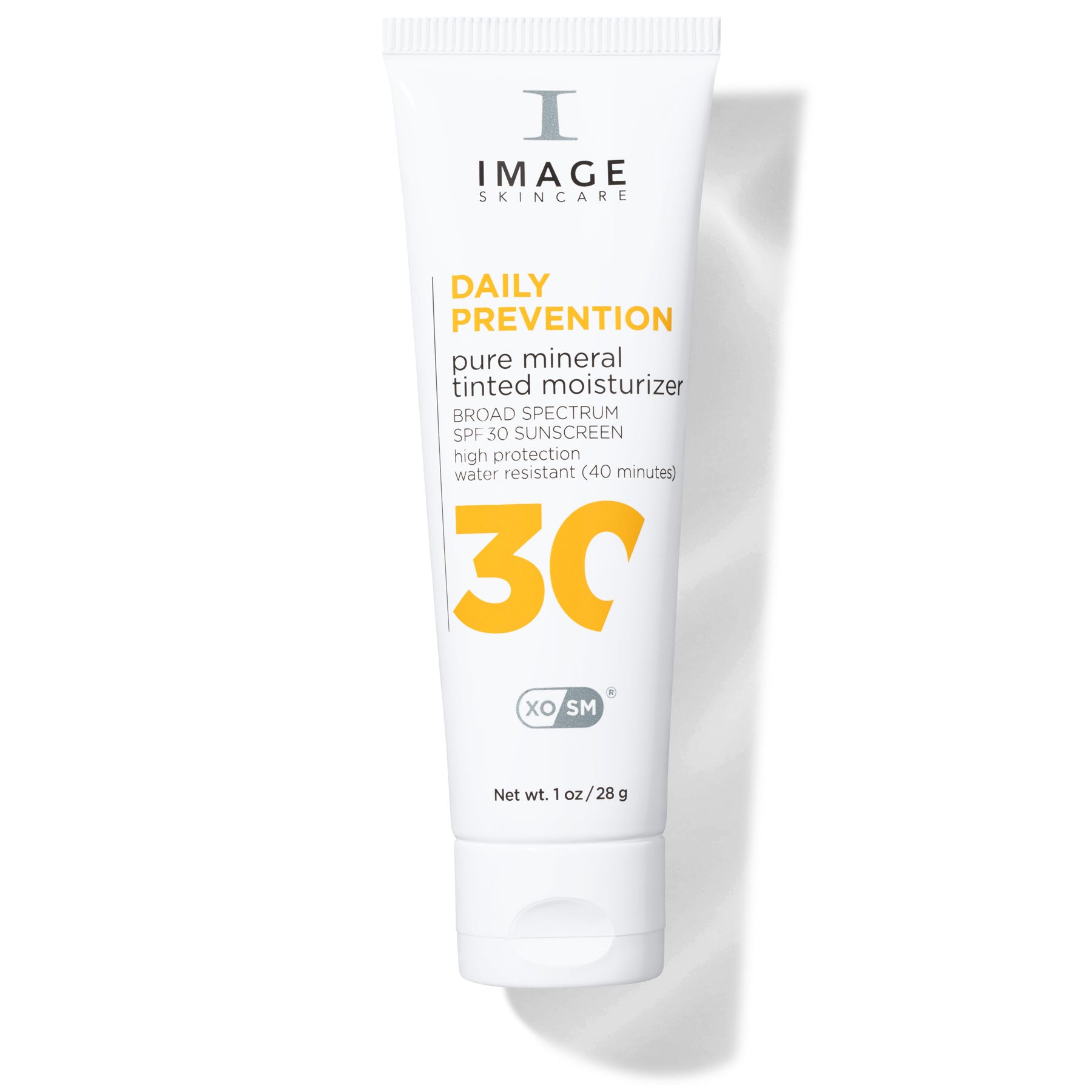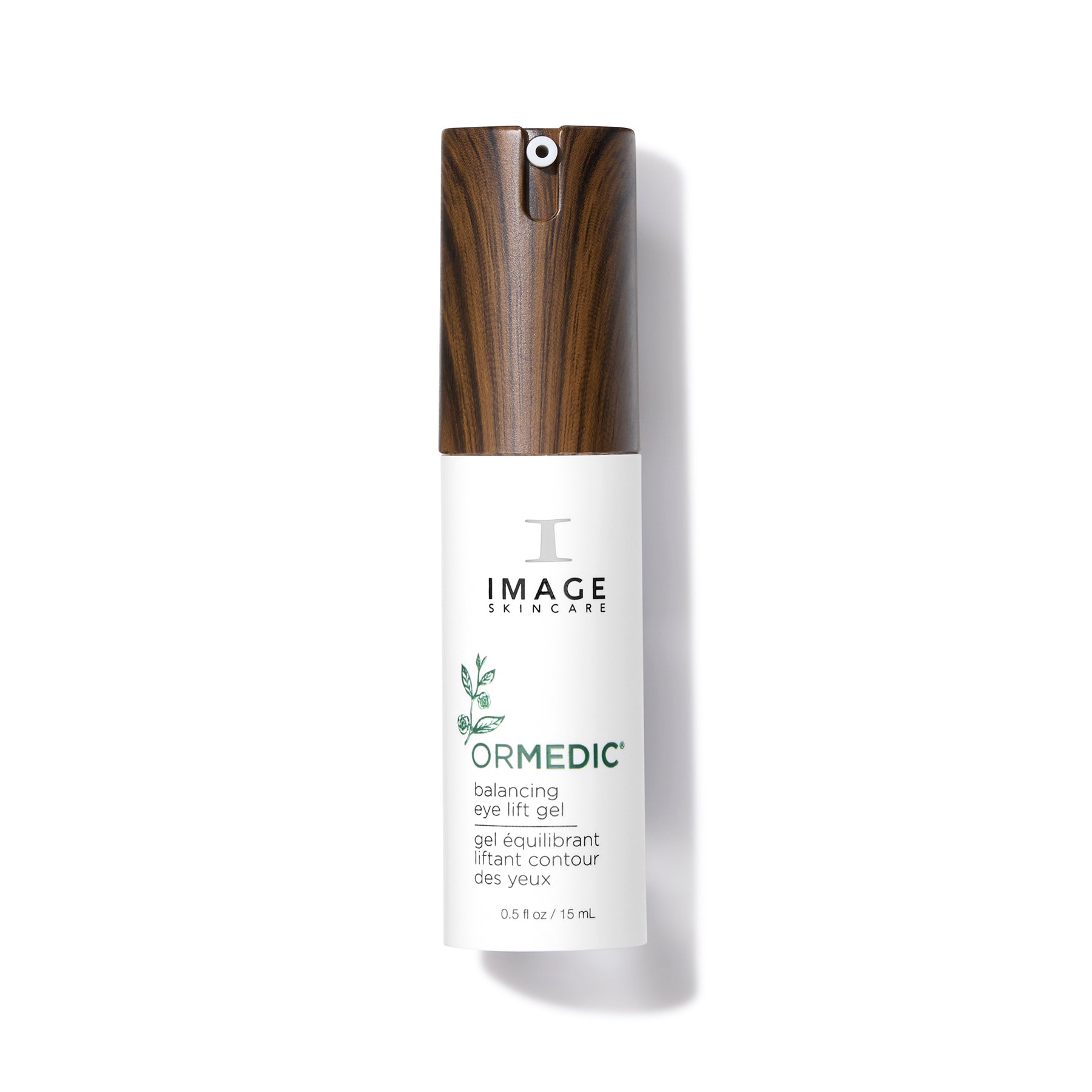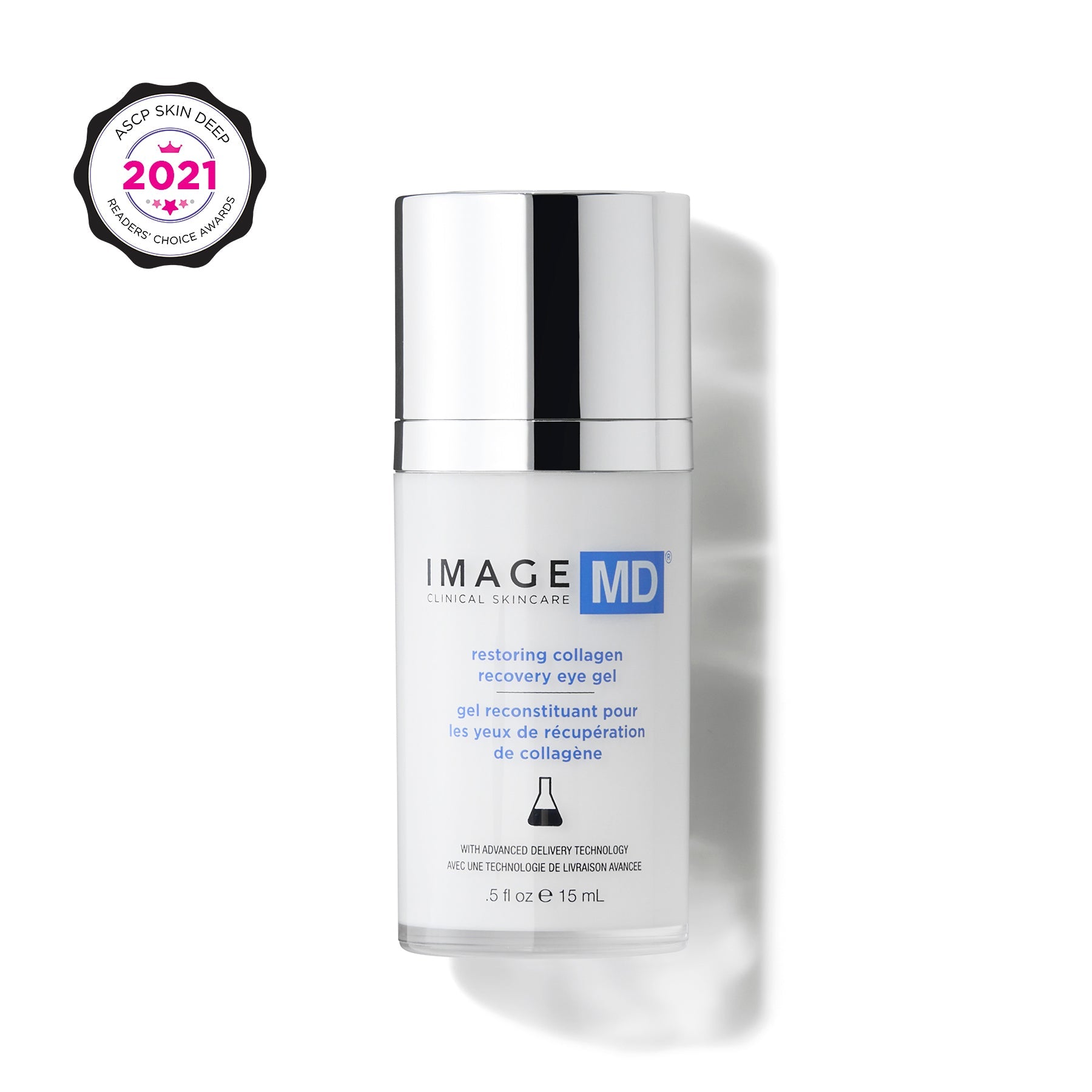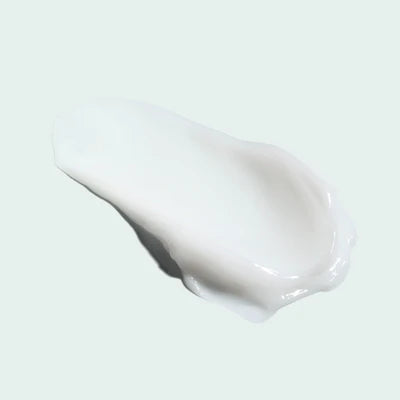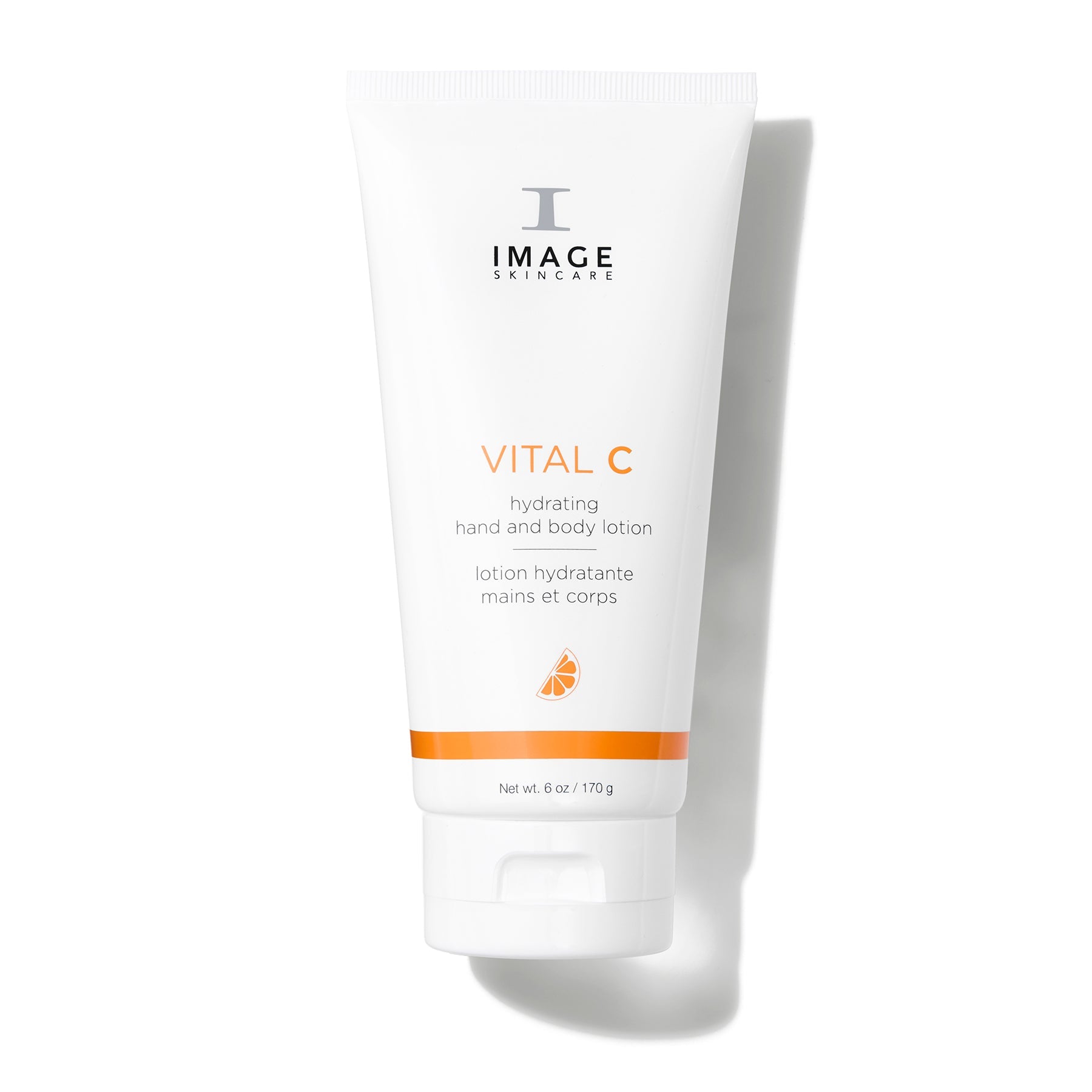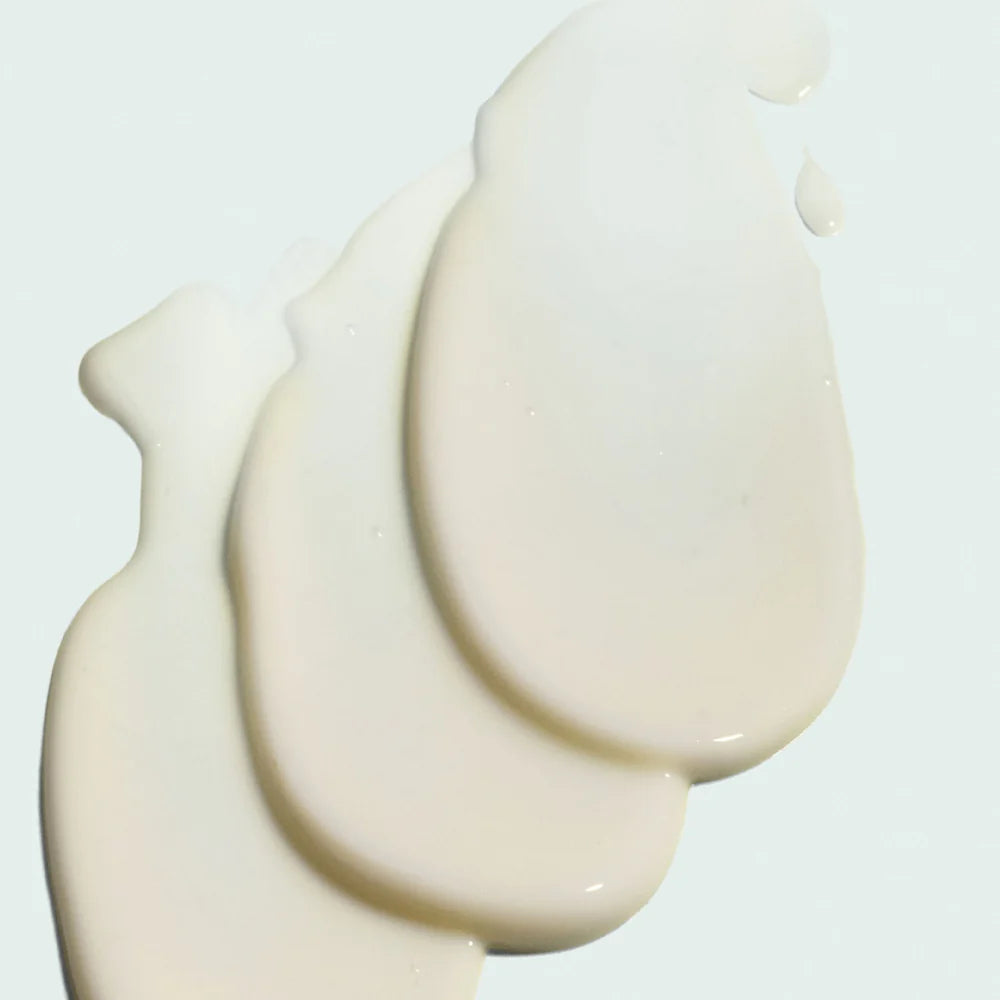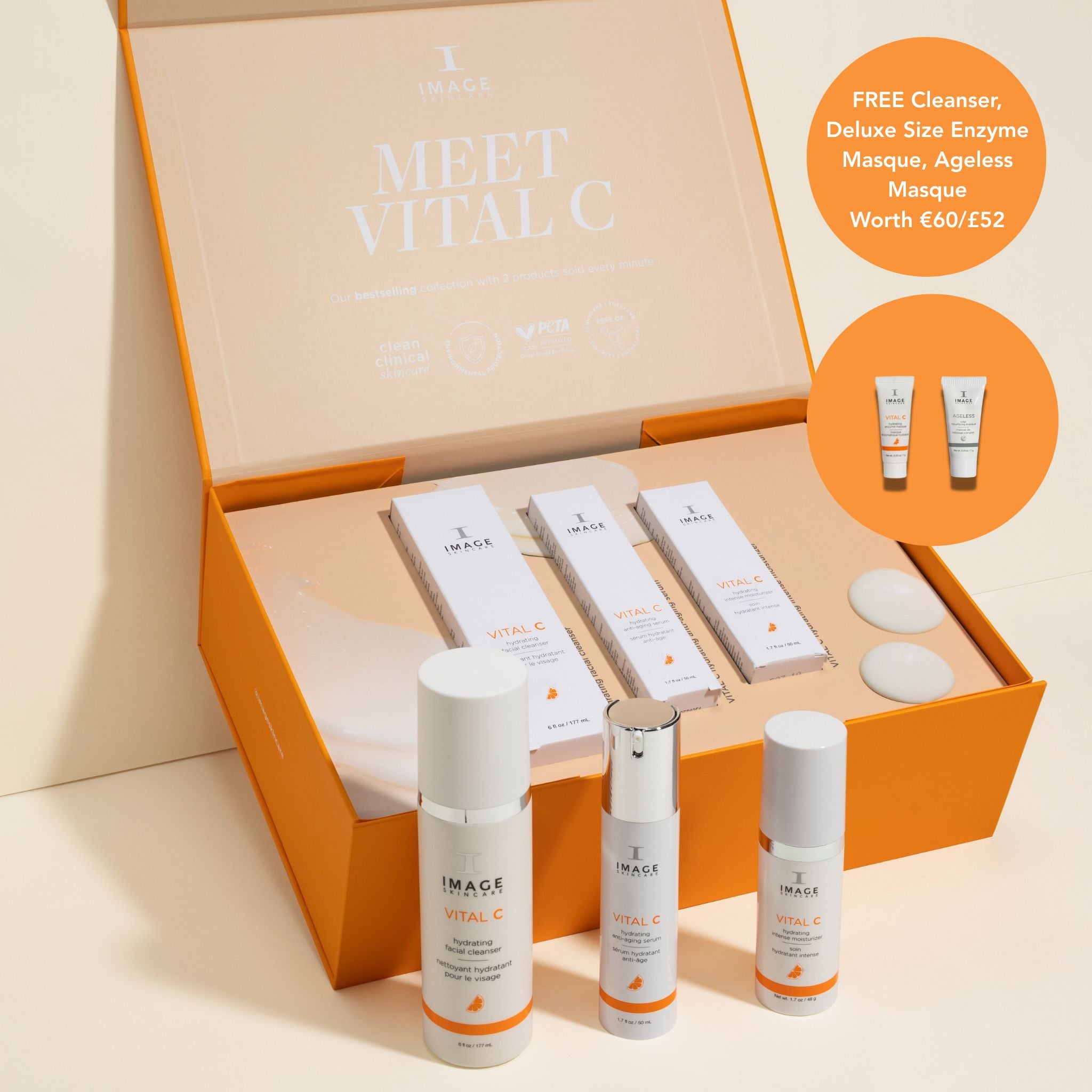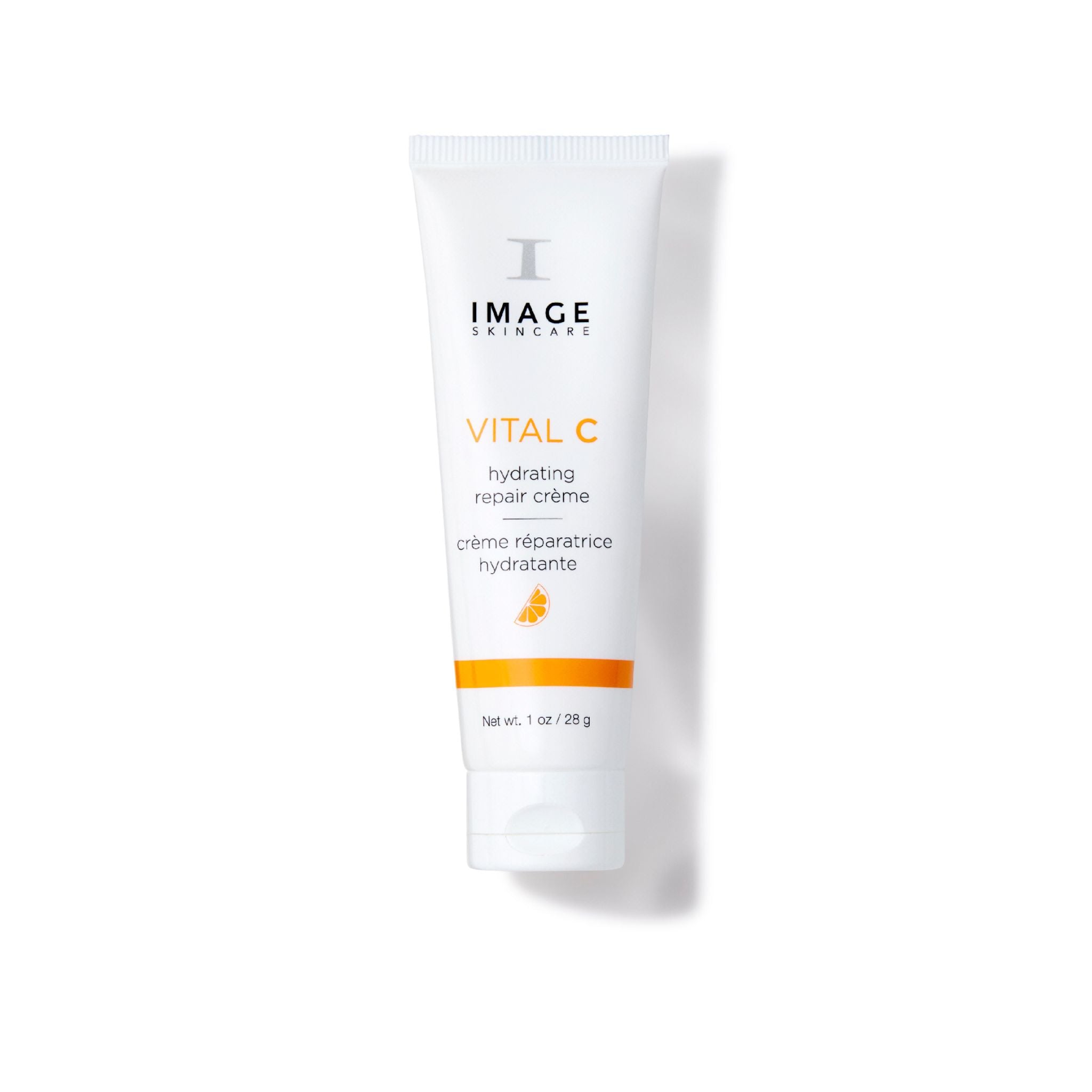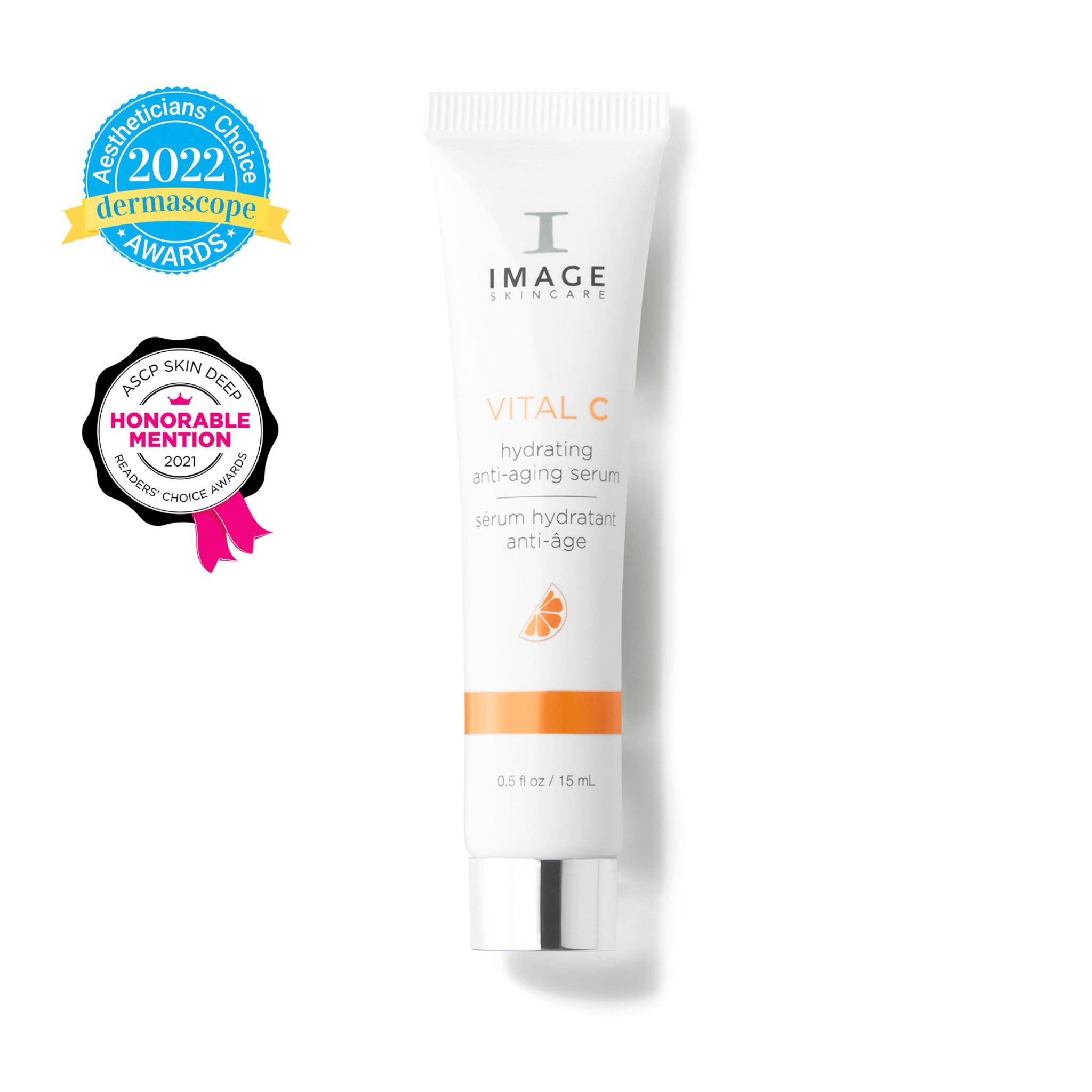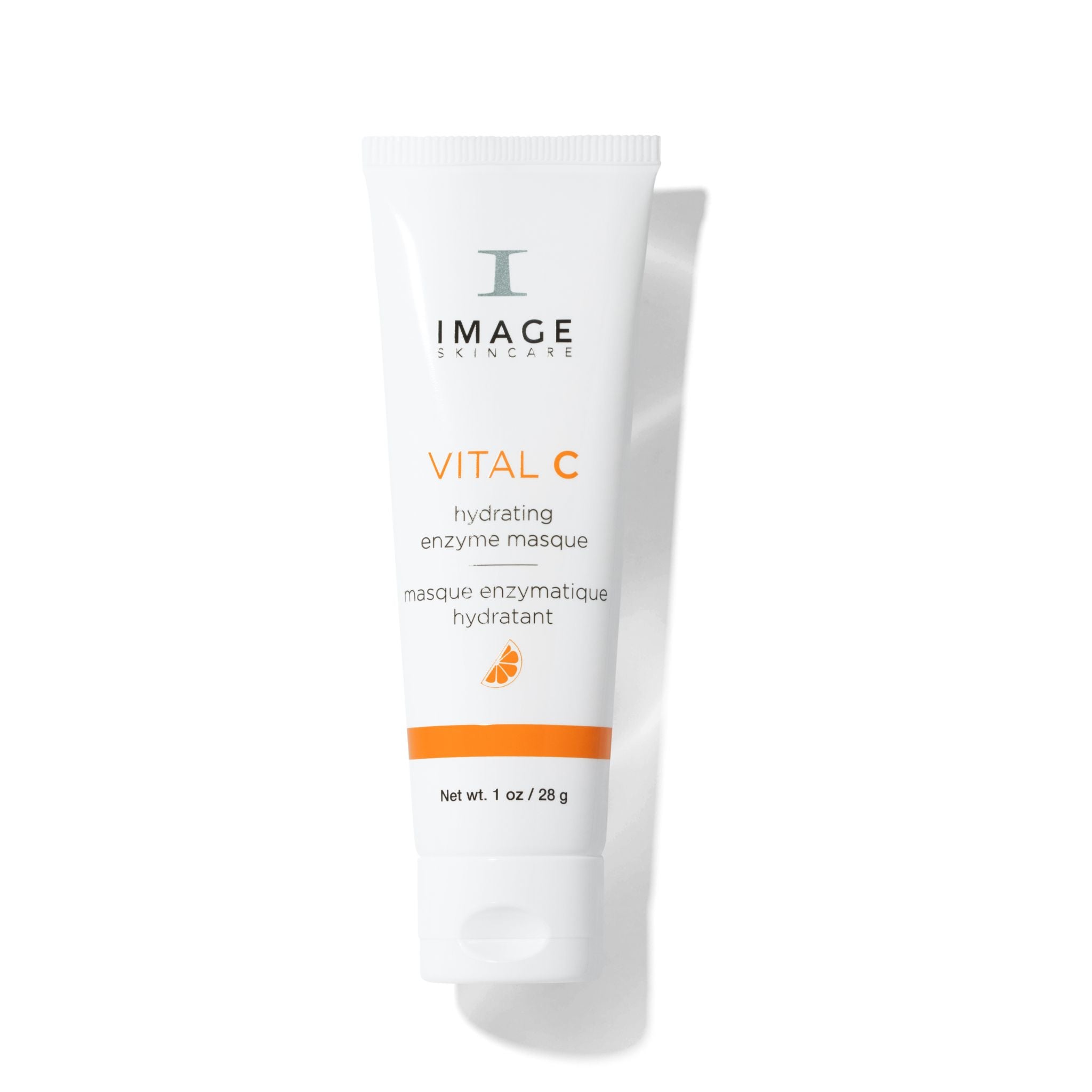CLINICAL RESULTS
From red and sensitized to absolutely glowing! See how our sensitive-skin products help to reduce the appearance of redness.
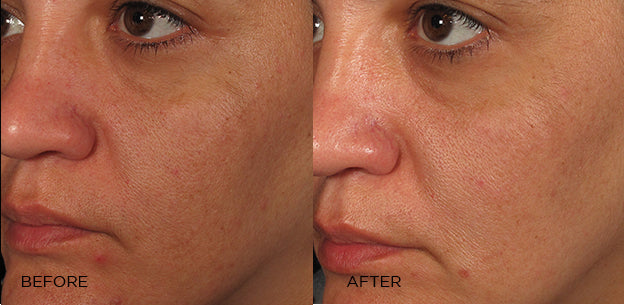
VITAL C Hydrating Anti Ageing Serum
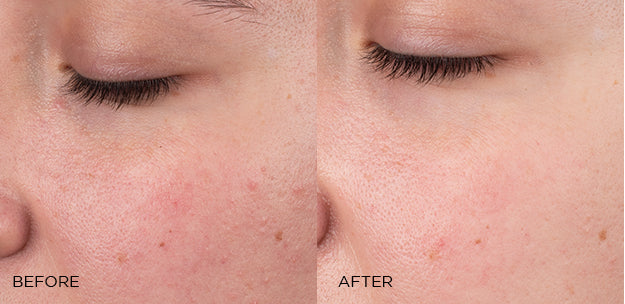
BIOME+™ smoothing cloud crème
BEST SKINCARE FOR REDNESS AND SENSITIVITY
Our collection of skincare products for redness feature dermatologist-designed formulas with ultra-soothing, skin barrier-friendly ingredients. Together, they help to balance moisture-depleted skin, eliminate irritation, protect from environmental stress, and restore skin back to its healthiest possible state.
FAQs
There are many triggers that can make skin appear red, including a variety of diagnosable conditions like rosacea, eczema and contact dermatitis. You should see a medical professional, such as a board-certified dermatologist, if you suspect that might be the case. Here, we’ll focus on redness caused by disruption to the skin barrier, the uppermost layer of skin. The skin barrier’s role is to prevent transepidermal water loss (hydration evaporating from skin) while protecting skin from environmental aggressors. When the skin barrier is healthy, your skin appears plump, hydrated, even toned, and smooth. When it’s compromised, it will have more difficulty preventing water loss; therefore, skin will become dehydrated and more vulnerable to damage—and that’s when irritation and redness show up.
If you have sensitive skin, avoid using 1) harsh and aggressive skincare products, such as exfoliators with abrasive scrubbing agents; 2) products with drying ingredients such as sulfates, parabens, phthalates, mineral oils, artificial fragrances, and synthetic dyes, 3) and serums with an extremely potent concentration of actives (until skin is healed). In the same vein, avoid using multiple skincare products with different active ingredients, such as benzoyl peroxide and retinol. It might be tempting to use those ingredients, for instance, to eliminate acne and wrinkles, but their combined potency will further damage the skin barrier and only exacerbate these issues. You should also reduce sun and heat exposure, including hot showers.
The ideal moisturizer for sensitive skin is developed with pH in mind to ensure a healthy, balanced skin ecosystem. Look for a moisturizer that simultaneously nourishes, soothes and hydrates skin, like BIOME+™ smoothing cloud crème, made with microbiome-friendly squalane, or ORMEDIC® balancing biopeptide crème, featuring shea butter, mango butter and plant oils to nourish and replenish moisture-depleted skin. Don’t forget: The best moisturizer during the daytime will also be layered under a broad-spectrum sunscreen or contain at least SPF 15. Reapply often!
Find a cleanser that does its job effectively—removing dirt, makeup and other pore-clogging impurities—but make sure it does not strip your skin of its natural oils and compromise the skin barrier. BIOME+ cleansing comfort balm was specially formulated with microbiome-friendly squalane to help optimize the skin’s protective barrier and nourishing plant oils to moisturize and comfort dry skin. ORMEDIC balancing facial cleanser is also formulated with aloe vera and glycerin to leave the skin feeling soft, balanced and calm, not tight or dry.
Because serums tend to contain a higher concentration of beneficial ingredients, choosing the right one for sensitive skin will deliver better results. Look for a serum that not only soothes skin, but also replenishes hydration and strengthens the skin’s ability to protect from environmental triggers. ORMEDIC balancing antioxidant serum, for instance, features kakadu plum and beet root extract for their antioxidant properties along with nutrient-rich organic grape water and hyaluronic acid to restore balance and hydration to dehydrated skin. And our bestselling VITAL C hydrating anti-aging serum helps to soothe dull, dehydrated skin and lock in hydration with hyaluronic acid.
Retinol works in part by speeding up the turnover of skin cells, so it’s fantastic for improving the appearance of wrinkles, blemishes and dark spots. However, retinol notoriously causes dryness and irritation. For that reason, if your skin is already experiencing redness and sensitivity, avoid retinol until you strengthen your skin barrier first. Once your skin barrier is healthy and strong, you can start using a product with a lower amount of retinol then ititrate up as your skin acclimates, or layer over a moisturizer. Always discontinue using retinol and consult a medical professional if it causes extreme discomfort. If you’re not ready to use retinol, there are other amazing alternatives that are suitable for sensitive skin, like the MAX™ collection. These products feature multiple peptide complexes that help to support skin elasticity and minimize the appearance of
facial lines.
Your skin barrier naturally contains cholesterol, ceramides and fatty acids, so replenishing these ingredients will help to soothe and decrease redness. VITAL C hydrating repair crème features vitamins A and C to help revitalize texture and support elasticity and firmness, while hyaluronic acid quenches skin and ceramides lock in moisture and soothe sensitivity.



